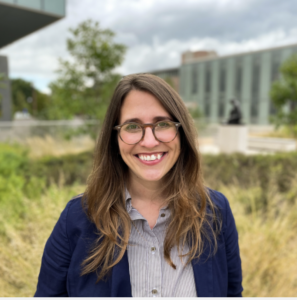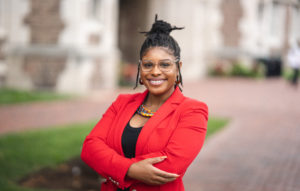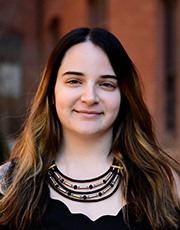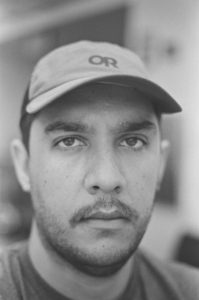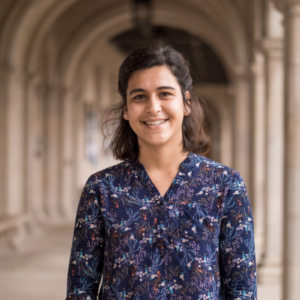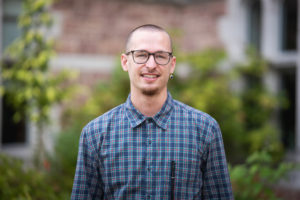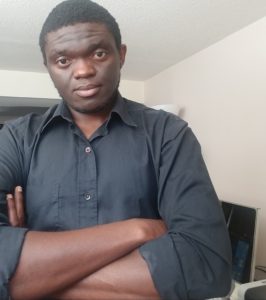Graduate Summer Research Fellowship
The Center for the Humanities, in partnership with the College and Graduate School of Architecture and Urban Design, is pleased to announce a new summer research fellowship opportunity for graduate students in the Humanities, Humanistic Social Sciences, Architecture, Urban Design, and Landscape Architecture. The graduate students, profiled below, were selected to conduct research on urban segregation during the summer. Meet the 2023 cohort (supported by WashU’s Office of the Provost) and past cohorts (supported by the Mellon Foundation) of the Divided City Graduate Summer Research Fellows Program below.
Learn more about the fellowship here.
Meet our 2023 Cohort
- ‘Gbenga Adeoba, Comparative Literature, “Poetry for the People”: Taxi Poetry Project, Placemaking, and the Lyric Form
- Rajnesh Chakrapani, Comparative Literature International Writers Track, Periphery as the New Center: Translation Workshops in Ferentari, Bucharest
- Kevin Corrigan, Sam Fox; Landscape Architecture, Shifting Sands: Depositing Possibilities Amidst a Coal Plant Decommissioning
- Zihan Feng, East Asian Languages and Cultures, Narrating the Audiophile Soundscape in Post-socialist Beijing: An Acoustic Reinforcement and/or Interrogation of Urban Segregation
- Sarah María Medina, Comparative Literature, International Writers track, Feminine Experimental City Networks: Paris, Mexico City, and New York (1910s to the 1940s)
- Lee M. Morrison, History, “The Men of Santo Stefano: Witnessing and Local Identity around a Thirteenth-Century Urban Monastery” / “The Women of the Gate: Neighborhood Development in Late Medieval Genoa”
- Michael Lamont Scarboro, Sam Fox School of Design & Visual Arts, and The Brown School, “Funeral home, church, church, liquor store”: Supportive Housing as a Reparative Typology for Black St. Louisans
- Sylvia Sukop, Germanic Languages and Literatures, Performing Black Memory in St. Louis: An Oral History of Public Historian and Community Elder Angela da Silva
- Francisco Tijerina, Romance Languages and Literatures, Urban Extractivism: An Ecofeminist Reading of Monterrey (2000-2023)
- Karla Aguilar Velásquez, Romance Languages and Literatures, Artistic Landmarks: Remembrance through Interaction in Counterpublic 2023
Meet our 2022 Cohort
Sewasew Assefa
Anthropology
Sewasew Haileselassie Assefa is a Ph.D. candidate in Anthropology at Washington university in St. Louis. Her research examines the effects of sociopolitical and economic factors on health and its interlinkage with various dietary adaptations employed to combat social and environmental stress during the 14-17th century. Currently, she focuses on urban inhabitants of Mtwapa and Manda, Kenya observing the impact of Portuguese colonial contact on their diet and health. She uses osteological and isotopic analyses and contextualizes sociopolitical and economic factors through the rich textual and historical sources available. This summer she will collect faunal bone and teeth samples from Mtwapa and Manda in order to develop local isotopic baseline.
Jessica Baran
Art History and Archeology
Jessica Baran is an MA candidate in Art History at Washington University in St. Louis. Her summer research will focus on the People’s Art Center of St. Louis (1942-1965), a community art center founded through the Works Progress Administration’s Federal Art Project. The PAC is considered the first desegregated art space in St. Louis and the only among the national WPA/FAP community centers founded on an explicitly integrated mission. Situated in a city currently and historically shaped by its acute racial divides, the PAC is significant in its progressive ambition to “welcome all those in need of its services regardless of their age, race, sex, creed or social status” through its free arts programs. Using archival records culled from local historical repositories, her project aims to recuperate the full arc of the PAC’s story, which is largely invisible in local and national accounts. As the project spans several decades and interweaves social, political and artistic concerns, she’s currently focusing on two periods — the PAC’s origins in the 1930s and its end in the 1960s — as well as the life and role of its longest-running director, Mabel Byrd Curtis. Her approach pays close attention to conflicts within the PAC’s governance as they intersected with urban redevelopment initiatives, which, combined with shifting attitudes toward the role of art in society, desegregation itself and activism within the arts, were perhaps responsible for the center’s end and absence from public memory.
Kaché Claytor
Romance Languages & Literatures, Spanish
Kaché H. Claytor (she/ella) is a Ph.D. Candidate in Hispanic Studies with a certificate in American Culture Studies at Washington University in St. Louis. Her summer project, “Black Lives and Internal Border Walls: The Pedestrianization of Race and Space in Domestic Territories” maps the intrinsic relation between identity, space, and power through a juxtaposition of Colombia and the US. Claytor explores questions like: what is the relation between Black lives and borders? How are physical, invisible, and metaphorical borders enforced? And how is the enforcement of borders not only racialized but also gendered? The aim of this project is to, first, explore the relation between Blackness and borders and, second, highlight Black resistance against the pedestrianization of borders in Colombia and the US.
Emily Colmo
American Studies, SLU
Emily is a St. Louis native and Ph.D. candidate in American Studies at Saint Louis University. She is currently working on her dissertation titled “More Than Degrees: Activism at Women’s Colleges in the 1960s and 1970s,” which uncovers the myriad ways in which women students performed activist work, from letters to the editor to poetry. Scholarship of activism during this period has tended to see women’s participation in social movements as ancillary to men’s, but by expanding definitions of activist practice, her dissertation provides a more robust history of student activism. Indeed, looking at single-sex environments like the all-women’s college positions women activists as agents, not simply followers of male leaders. In its examination of activist practice, her dissertation explores how students performed and articulated their political commitments by paying particular attention to the ways in which their class and racial identities, as well as injustices stemming from inequalities in urban spaces, informed their experiences as activist women. During the term of the fellowship, Emily will work on her chapter about civil rights, which directly addresses how racial segregation in education influenced women’s perception of racial injustice, as well as the ways in which students sought to combat injustices from gender-segregated spaces. Atlanta will be the backdrop of the chapter, as it serves as a revealing case study in which to reflect on segregation, activism, and racial identity through the interactions between Spelman and Agnes Scott.
Abraham Diaz
Architecture
Abraham is a Master of Architecture student entering his second year at Washington University in St. Louis, and holds a BFA in painting from the Kansas City Arts Institute. Abraham’s project, “Affirmative Abolitionist Architecture: Dissolving Carceral Geographies Through Trauma-informed Design” will begin by traveling to Truth or Consequences, New Mexico, a small town approximately one hundred miles north of the United States/Mexico Border. While there Abraham will document and analyze the Truth or Consequences US Customs and Border Patrol (CBP) interior checkpoint. US CBP acknowledges 132 permanent interior checkpoints, mostly in the Southwestern US, though the exact number is unknown as there are many “tactical” checkpoints erected on secondary roads. These checkpoints represent the physical manifestation of the expansion of the United States/Mexico border and its enforcement by CBP well within the interior of the United States.
As a Divided City Fellow, Abraham aims to substantiate the claim that carceral geographies, the places that make up the prison industrial complex, extend far beyond the formal parameters of prisons, border walls, and detention centers, and that trauma-informed design is a necessary and urgent antithesis to these places. Trauma-informed design recognizes carceral geographies as urban violence and seeks to advance architecture and urban design by first acknowledging the latent harm in the built environment.
Yamile Ferreira
Romance Languages & Literatures, Spanish
Yamile Ferreira is a Ph.D. Candidate in Hispanic Studies also pursuing a Graduate Certificate in Women, Gender, and Sexuality Studies. She holds a B.A. in Performing Arts from the Escuela Multidisciplinaria de Arte Dramático in Montevideo, Uruguay. She has published articles on feminist cinema, theatre, and performance in South America. Currently she is working on her dissertation, which centers Latin American women of letters in the history of education in the continent, analyzing their intellectual networks during the nineteenth century, and their key role in the expansion of female education as a platform to enter the public sphere.
Yamile’s project, “#NiUnaMenos in Argentina and Uruguay: A Common Landscape for Feminist Praxis, explores how the public space is being politically used by contemporary feminists in both Southern Cone countries to advance women’s and human’s rights under a unifying slogan. She will focus on this year’s #NiUnaMenos marches through an interdisciplinary approach that includes interviews, ethnographic research, and archival work. The project aims to understand how feminist movements have changed the landscape of two cities, Buenos Aires and Montevideo, in order to denounce violence, create transgressive affective relations, and build powerful and diverse political coalitions.
Bob Peniel Inapanuri
Architecture & Urban Design
Bob is a Master of Architecture and Master of Urban Design dual major student entering his final year at Washington University in St. Louis and holds an Architecture license in India. Over the past six years, Bob has closely worked with community and cultural infrastructure in south India.
He believes that it is important to refocus the lens of scholarship on the dynamics of caste and its intersection with the built environment, city improvement and town planning and photography has an important role in the knowledge production of city planning and sociology. His research project “Spatialization of caste hierarchy in Indian Cities” compares photographic evidence of impact of caste hierarchy and caste Identities on built environment. With his research Bob intends to engage with the twin myths that urban Indians insist that caste is either dead or dying and forces of modernization and globalization are fostering a climate of meritocracy and investigate the aspects of present-day housing and related built environment in the Dalit neighborhoods.
Clark Randall
Sociology
Clark’s project, “The Slums are Still with Us”: Harland Bartholomew and the Destruction of Black St. Louis,” will look to accomplish two main goals. The first of which is to continue to unearth the local influence of the nation’s first urban planner, Harland Bartholomew, as his legacy has been of growing concern to urban historians and scholars. The second would be to shift the previous analytical focus on Bartholomew from the St. Louis City proper into the county, paying particular attention to Ferguson and Kirkwood–two suburbs with histories of racial unrest and uprisings. The Divided City Summer Research Fellowship will support Clark’s work to extend this scholarship both as the groundwork of his Master’s Thesis and in public discourse through a long-form article.
Maurice Tetne
Romance Languages & Literatures, French
Maurice Tetne is a third-year Ph.D. student in French Language and Literature. He is also completing a graduate certificate in Translation Studies. His summer project, “The 1904 World’s Fair in St. Louis: Between Ethnographic Display and Visual Exclusion of the Other,” describes the Louisiana Purchase Exhibit as the second layer of segregation where bodies were displayed in what was supposed to be their “natural environment.” While African Americans were not displayed at the exhibit, its spatial imbalance portrayed them through the lens of the exhibited people. The power of that image was a speaking tool since pygmies brought from Central Africa were presented at the fair as the missing link between man and monkey. His work shows how the “natural environment,” facing the “American modernity” traced the path to long-lasting confinement, confirming the impossible encounter and justifying the exclusion of the Other through the deforming perception of the gaze. The fair, therefore, can be seen as a propaganda apparatus that staged the spectacle of difference in the service of the so-called “natural order of things.” Tetne’s research project does not only rely on the obvious division but also draws on the 1904 World’s fair to show how spatial exclusion has informed and reinforced racial disparity in St. Louis, rooting the Southern tradition in a Midwestern state.
Ran Wei
East Asian Studies
Ran Wei is a fourth-year Ph.D. candidate in Japanese Literature with a Graduate Certificate in Film and Media Studies at Washington University in St. Louis. Ran is currently working on her dissertation, which explores the representation of home in Osaka literature from the 1920s and 1970s. She argues that the writings of Osaka home challenge national notions of the Japanese family and are figured as in tension with the productive goals of the nation-state.
Her summer research project, entitled “Constructing a Connected Flow: Literary Representation of Neighborhood Network in Divided Osaka (1920s-1930s),” will explore people’s lived experience of segregation in Osaka during the pinnacle of its modernization in the 1920s and 1930s. In particular, she draws on and develops the theory of neighborhood network from sociology. By closely reading two literary works, one by a mainstream Japanese writer and native resident of Osaka, Takeda Rintarō (1904-1946), the other by an ethnic Korean writer and immigrant to Osaka, Yang Seok-il (1936-), Ran traces the origins and outcomes of the urban division. Her project reconsiders the connotation and impact of segregation within the Japanese context and highlights the role of literature in understanding the lived experience of people on the socioeconomic margins in the divided city. Moreover, she is interested in exploring how literature presents a “counter-gaze” onto the institutional mechanism and segregation of the city space with its representation of close-knit neighborhood network.
Meet our 2021 Cohort

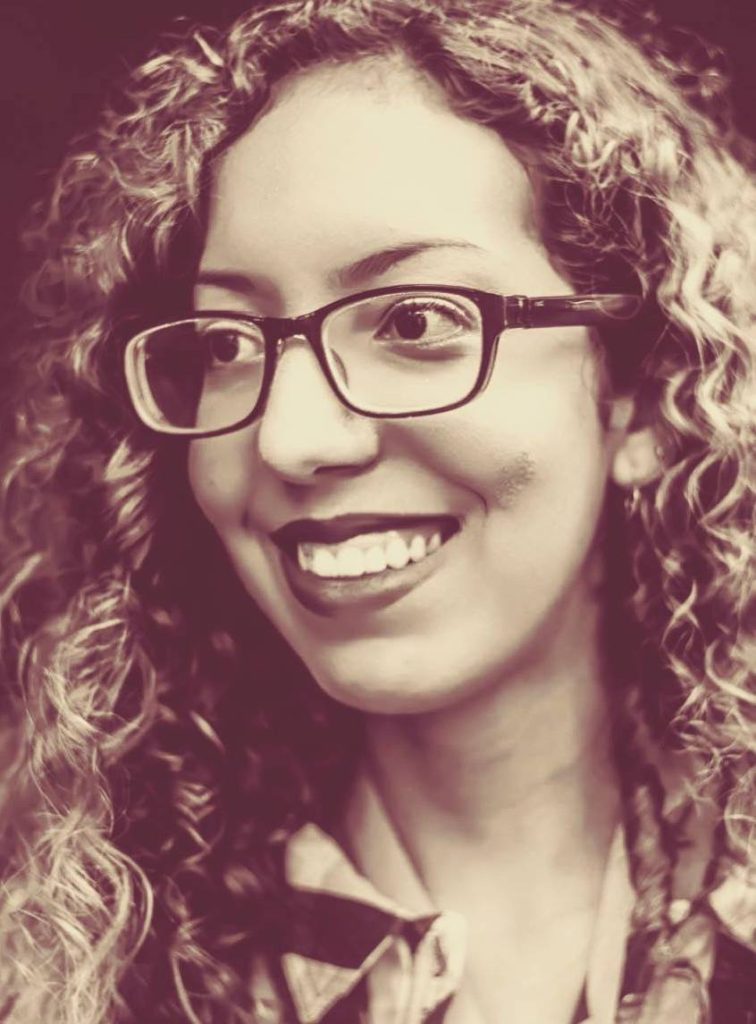
Karla Aguilar Velásquez
Romance Languages & Literatures
Karla Aguilar Velásquez is a fourth-year Ph.D. student in Hispanic Studies at Washington University in St. Louis and is also completing a graduate certificate in Women, Gender, and Sexuality Studies. Her summer project, “Staging the Local and Performing the World: Virtual Cosmopolitism in Cuba and New York,” traces the cultural circuits that allow actors in political locations such as underground markets in Cuba or el Barrio in New York to challenge hierarchies of art production and reception. How do literary reading groups in Latino bookstores intervene in the construction of labels such “Caribbean literature” in the US editorial sphere? What strategies do Cuban smugglers use to have an updated knowledge of the global popular culture market? This project proposes that Latino and Caribbean communities take advantage of a façade of backwardness and isolation to deploy cosmopolitan performances of consumption that do not depend on consolidated platforms of communication and commerce (Virtual Cosmopolitanism). As such, her research emphasizes the creation of a cultural awareness of global belonging from within the margins of the Global South.

Erin Barry
History
Erin Barry is a Ph.D. candidate in History with a Graduate Certificate in Women, Gender and Sexuality Studies at Washington University in St. Louis. She is currently working on her dissertation, which explores the history of adult theaters through three Supreme Court cases in the 1970s. She argues that in instituting community standards and in utilizing adult theaters as a primary battleground, obscenity law consolidated around questions of who and what interests constitute the community in the face of the law. The cases that form the backbone of her dissertation reveal the regulatory response to adult theaters as part of a process by which understandings of sexuality and pornography become a technology for constructing both the “pervert” and the upstanding citizen, and how those identifiers play out in terms of access to space, privacy, and sexual expression. Examining cases that emerged from Florida, Michigan and Atlanta, Barry can spotlight local conditions and disputes to critically examine the complex relationship between the local and the national that undergirded the enshrinement of allegedly neutral and inclusive “contemporary community standards.” During the term of the fellowship, Erin will work on her chapter on the zoning case Young v. American Mini Theatres. She relates the valuation project at the heart of zoning ordinances, which prioritized the property interests and sexual mores of the white middle-class, to the notions of community-wide standards, which inherently excluded minority populations, to demonstrate how access to sexual expression and space itself remains constricted to certain populations.
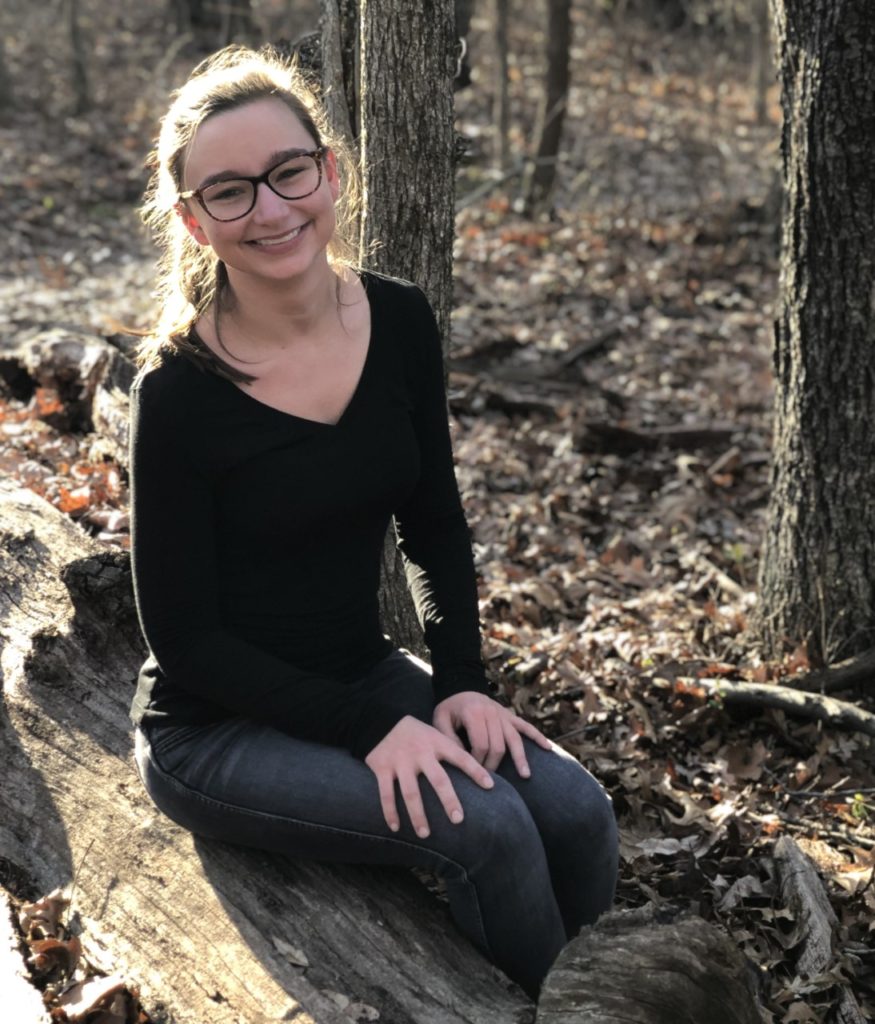
Judith Carlisle
Philosopy-Neuroscience-Psychology
Judith Carlisle is a Ph.D. student in the Philosophy, Neuroscience, and Psychology program at Washington University in Saint Louis. She is currently working on a dissertation on Trauma and Post Traumatic Stress Disorder (PTSD). Her summer research project, entitled “Trauma, Segregation, and Racial Violence,” will explore the concepts of community level trauma as well as vicarious (or indirect) trauma by focusing on case studies from the history of Saint Louis. In particular, she hopes to investigate the ways in which our traditional, narrowly defined, and individualistic notion of psychological trauma intersects with a broader and more inclusive conception of trauma that may be better equipped to make sense of the kinds of trauma that result from chronic oppression or vicarious experiences of violence witnessed through media sources.
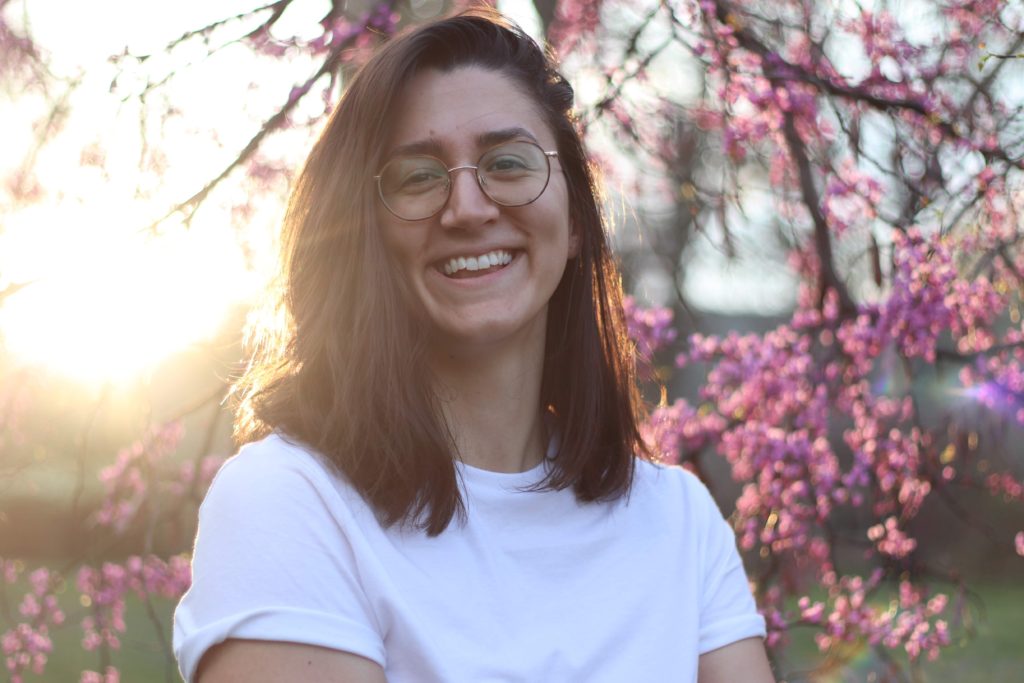
Eva Hoffman
Anthropology
Eva Hoffman is a PhD candidate in sociocultural Anthropology at Washington University in St. Louis, where she studies rural patients’ healthcare seeking behavior in urban and rural settings. In particular, Eva focuses on reproductive healthcare in Appalachia and works with pregnant women in rural West Virginia, their clinicians, and other healthcare personnel. Topics of interest in her research include perceptions of care, infrastructural and geographic impediments to seeking care, and urban-rural tensions that arise in the clinical setting. Her summer research considers specific patient-clinician interactions that occur via telemedicine, a system that was rapidly expanded in response to the coronavirus pandemic.
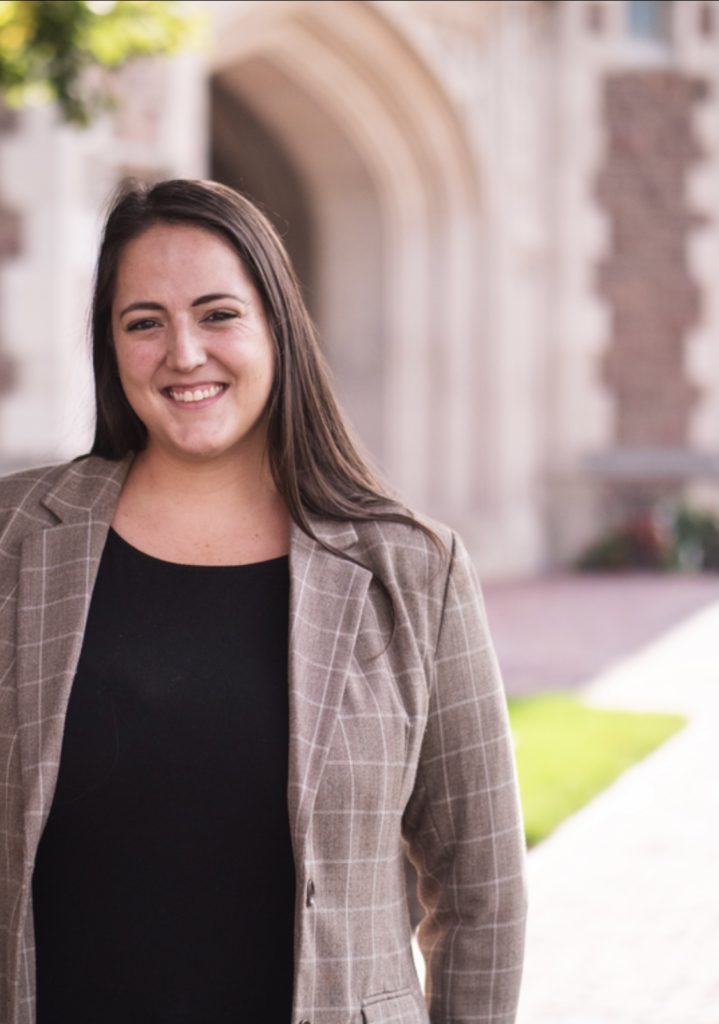
Bridget Kelly
History
Bridget is a St. Louis native and Ph.D. student in International Urban History at Washington University-St. Louis. Her research interests include the history of cities, segregation, and public education. Bridget’s summer research project, “The Materiality of Belonging: Black Neighborhoods in White Suburbia in the Age of Charles “Cookie” Thornton,” will examine the material and spiritual effects experienced by Black residents of Meacham Park in the annexation into Kirkwood. Her research contributes to the growing work in urban history that examines how inner ring suburbia produces political, economic, and racial chasms between white and Black suburbanites, a divide experienced through simultaneous white gain and Black loss. The Divided City Summer Fellowship will support her dissertation as it relates more broadly to the forced migration and alienation of Black Americans in service of capital development.
Bridget holds an M.A. in Secondary Social Studies Education from the University of Texas in Austin, and a B.A. in History from the University of Missouri in Columbia.
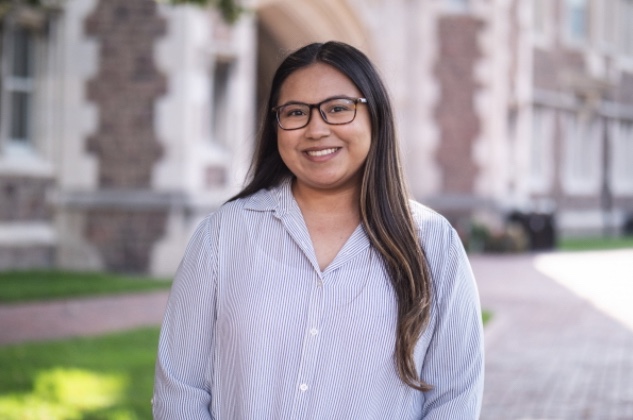
Gicela Medina
Romance languages & Literatures
Gicela is a first-year student in the Hispanic Studies Ph.D. program at Washington University in St. Louis. Her interests and research are very broadly based on Afro-Hispanic literature and the diaspora. Some of her previous work has involved analyzing representations of Afro-Hispanic literature in Spanish literature courses.
This summer she will be working alongside another fellow, Rodrigo Viqueira, to develop a podcast titled “Street Politics Across the Americas” (SPAA). This project explores the hemispheric history of street politics and analyzes how public space has been politically used by marginalized groups across the Americas.
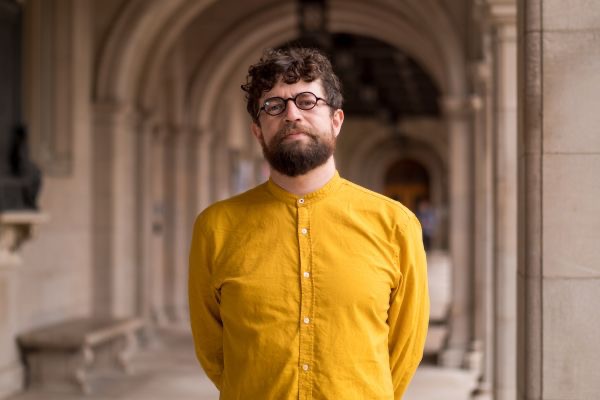
Santiago Rozo Sánchez
Romance Languages & Literatures
Santiago Rozo Sánchez is a Ph.D. Candidate in Hispanic Studies at Washington University in St. Louis. His summer research project will take place in Bogota and will focus on the role street art has/had during Colombia’s recent ‘Paro Nacional’. Through this research, he wants to address and comparatively explore three main issues. First, street art’s intimate relation with the construction of democratic processes from below and recent popular uprisings. Second, the way Bogota’s street art scene and programs have triggered emergence of new political subjectivities that claim their right to the streets and the city. Third, how street art is a practice that advances the creation of a new urban commons.
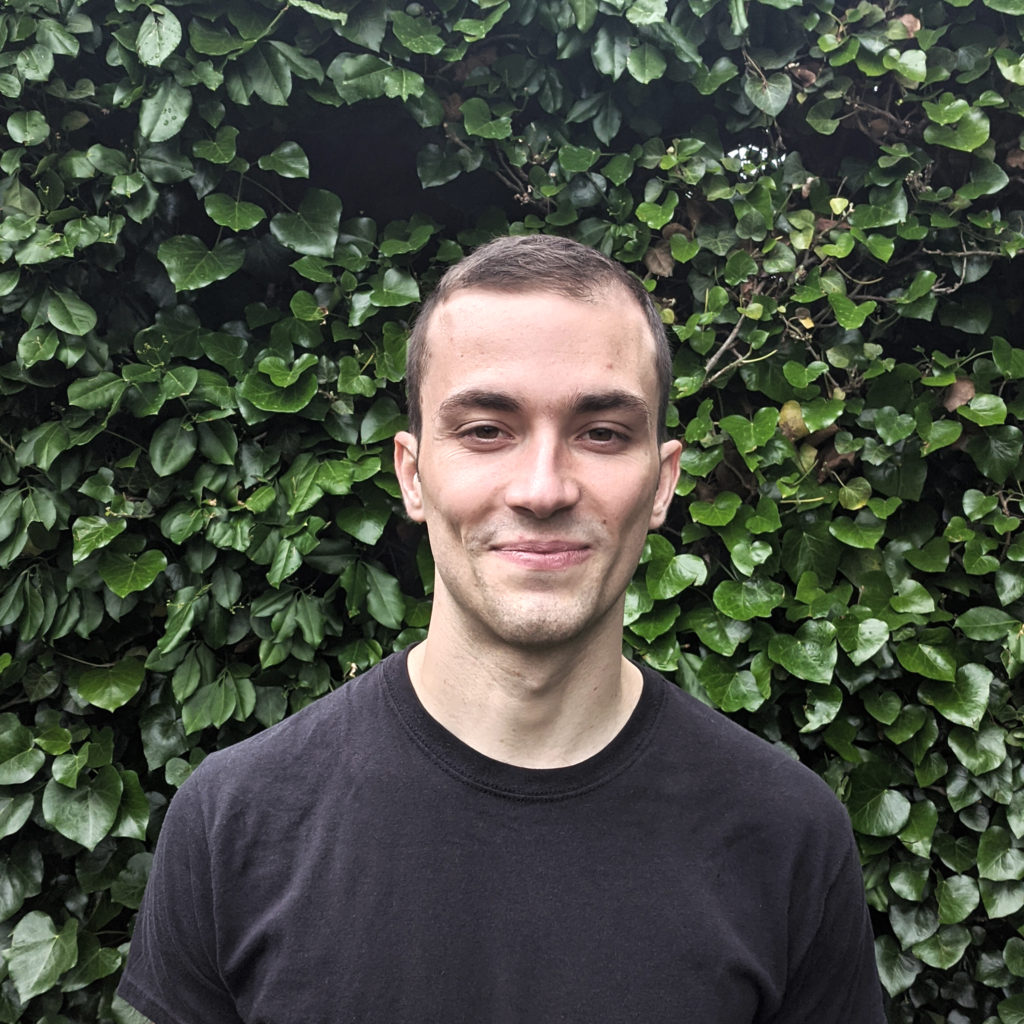
Nate Stanfield
Architecture, Sam Fox School
Nate is entering his final year in the Master of Architecture program at the Sam Fox School. He is fascinated by the paradox of design as both framework and content, and both catalyst and backdrop to our experiences.
His research focuses on the histories and futures of water-based crises experienced by Native communities in the Twin Cities, St. Louis, and New Orleans regions. Through written and graphic media, he examines the effects of infrastructural and extractive interventions on Native land and water – considered both historically and currently – through flooding, infrastructural neglect and water supply contamination.
His writing runs parallel with his role in the upcoming design installation “Tracing the Mississippi,” part of Exhibit Columbus’ New Middles. Led by Derek Hoeferlin, the project comprises the construction of a human-scale model of the Mississippi River Basin, emphasizing the relentless infrastructures that control its landscapes, communities and resources. A public program in Fall 2021 will focus on issues of water and land rights impacting Indigenous sovereignty, migration patterns and climate adaptation.
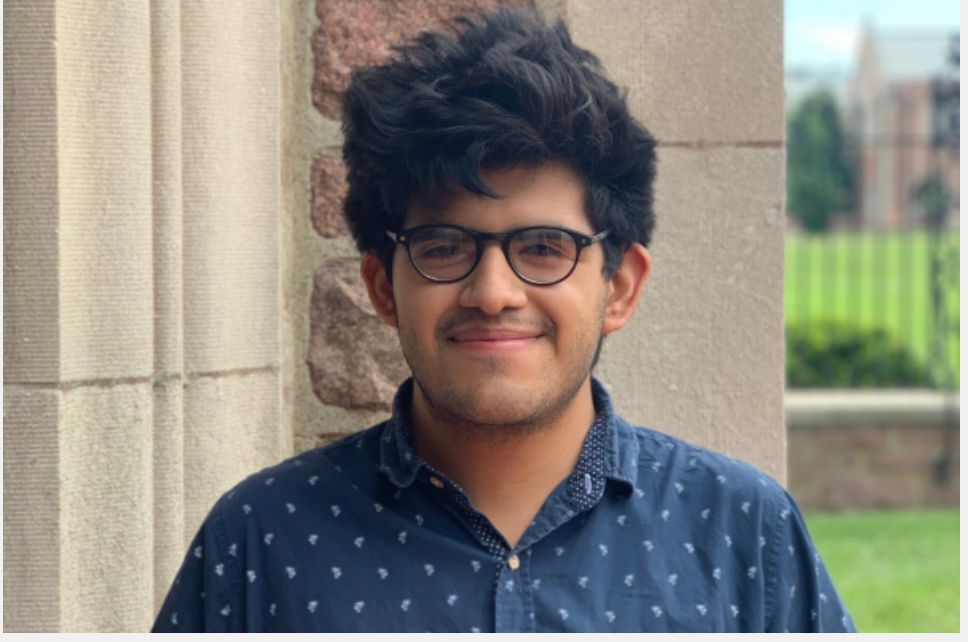
Zeles Vargas
Anthropology
Zeles Vargas is a 3rd year Anthropology student at Washington University in St. Louis. His research investigates how the combination of Argentina’s pro-LGBT investments and everyday anti-gay violence affect gay men’s quotidian world-building and their struggle to survive. Specifically, while we know the conditions gay men are subjected to, it is unknown how this impacts their everyday lives and structural vulnerabilities. Furthermore, for racialized gay men, their experiences in the city and the violence to which they are subjected are intensified. By centering gay men’s experiences in Buenos Aires, he examines how they construct and maintain spaces of comfort within the context of anti-gay violence, or what he calls “queer refuge-making.”
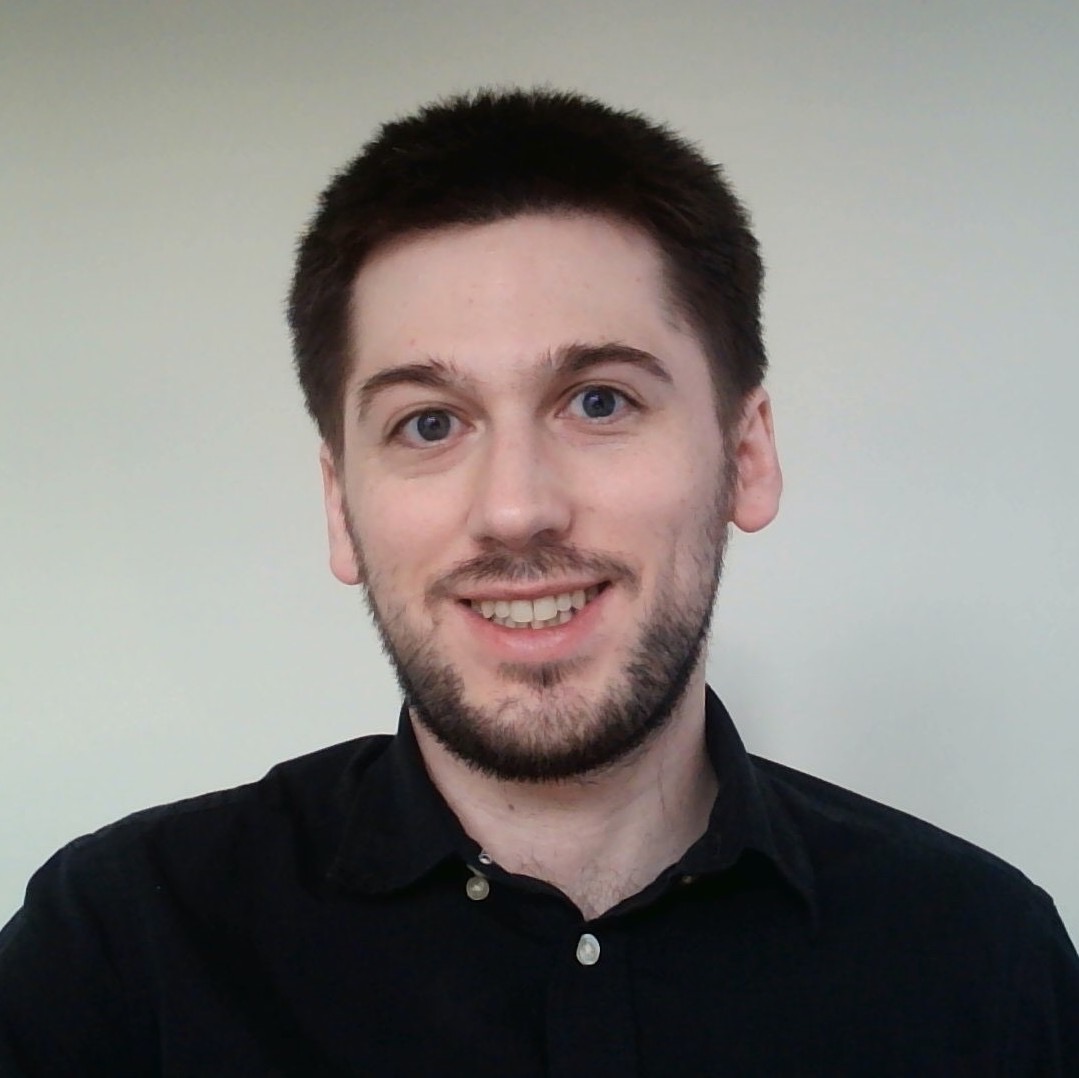
Rodrigo Viqueira
Romance Languages & Literatures
Rodrigo Viqueira is a third-year PhD student in Hispanic Studies, also completing a Graduate Certificate in Latin American Studies at WashU. His research examines the intersection of labor, working-class cultures and media in Latin America, focusing on the Southern Cone and Brazil.
Rodrigo holds an M.A. in Latin American Literature from Universidad de la República (Uruguay).
Recently he has published his first book, titled Negrismo, vanguardia y folklore (Rebeca Linke Editoras, 2019).
This summer he will be working alongside another fellow, Gicela Medina, to develop a podcast titled “Street Politics Across the Americas” (SPAA). This project explores the hemispheric history of street politics and analyzes how public space has been politically used by marginalized groups across the Americas.
Meet our 2020 Cohort

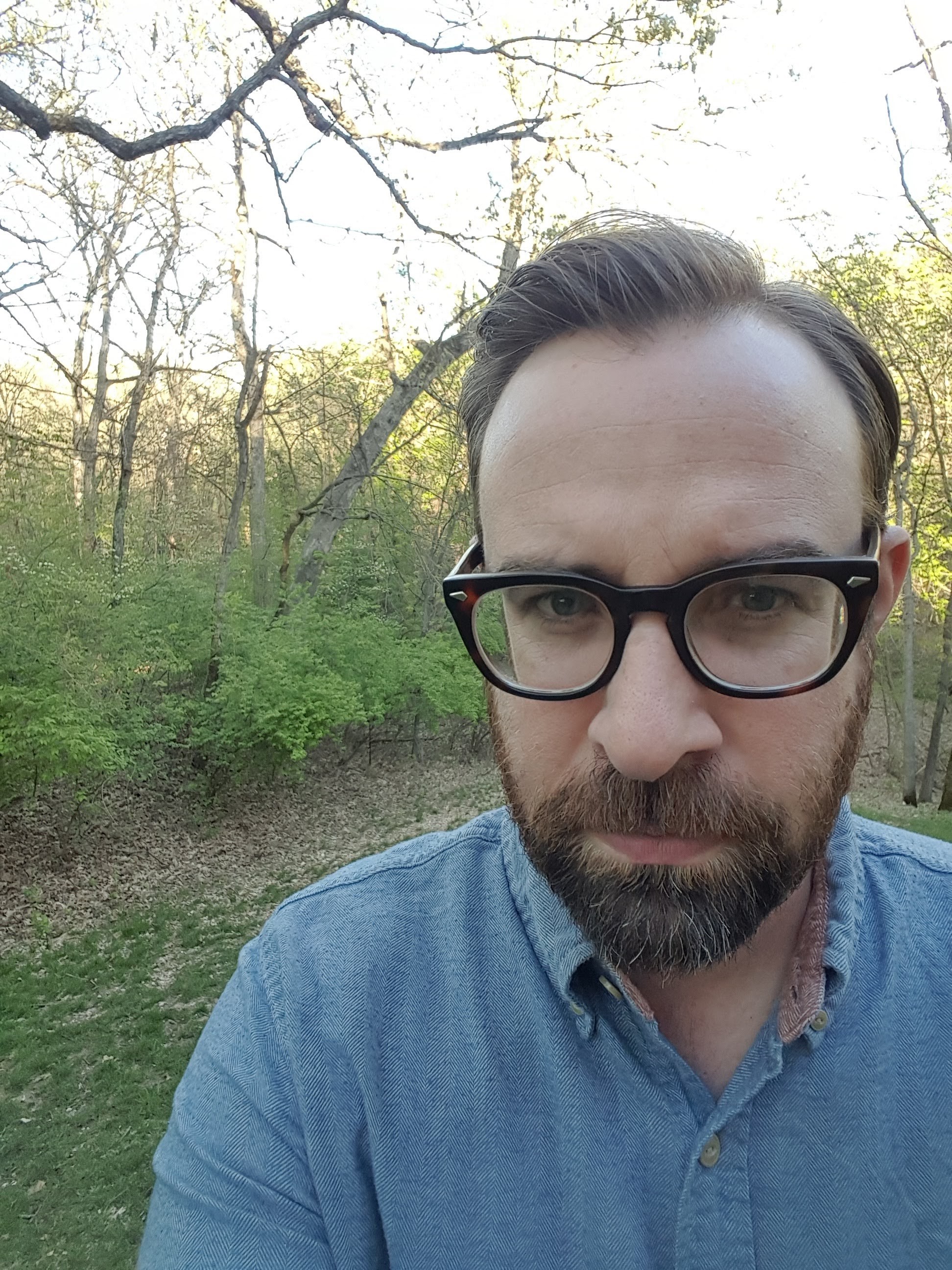

Michael Brickey
American Studies, SLU
![]()
Michael is a St. Louis native and PhD candidate in American Studies. His research interests fall at the interdisciplinary intersection of urban studies/history, environmental history, cultural geography, public history, and the energy humanities. His summer research project, “Disconnected and Disaffected: Energy Insecurity and Climate Justice in St. Louis,” will examine how everyday experiences with structural racism, physical infrastructure, social inequity, and local climate zones influence cultural behaviors with regard to energy and inform political attitudes about climate change and climate justice. This research will support his dissertation that studies how cultures of energy influence the politics of climate change across the American Midwest, where efforts to build renewable energy infrastructure are beginning to shape local development practices and regional politics in the 21st century.
Michael holds an M.A. in American Studies from SLU, an M.A. in History from San Diego State University, and a B.A. in Political Science from the University of Missouri.


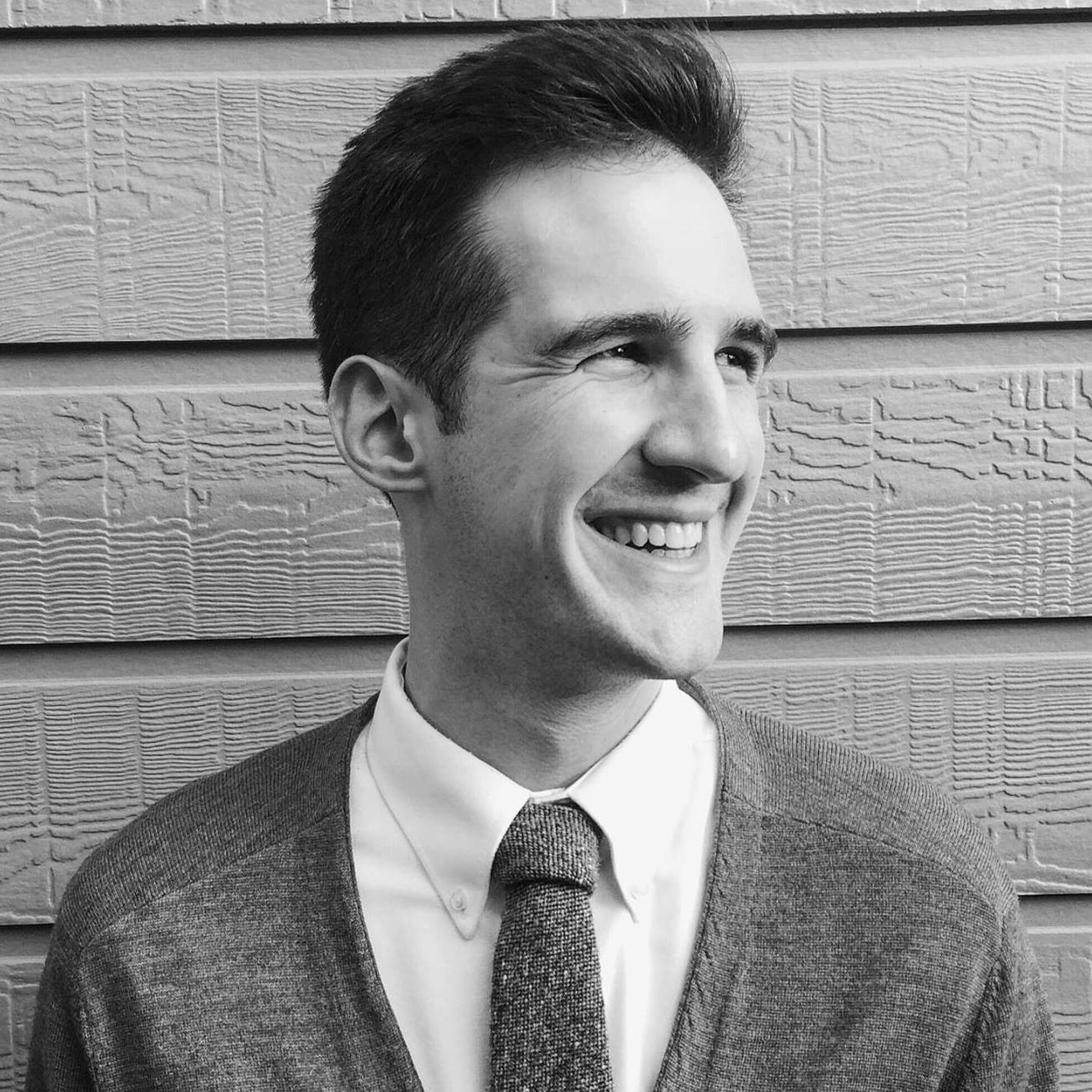

Ian Clark
English

Ian David Clark is a PhD candidate in English Literature at Washington University in St. Louis. He earned his master’s in Irish Writing at Trinity College Dublin, and currently studies twentieth century Irish, British, and Anglophone literature.

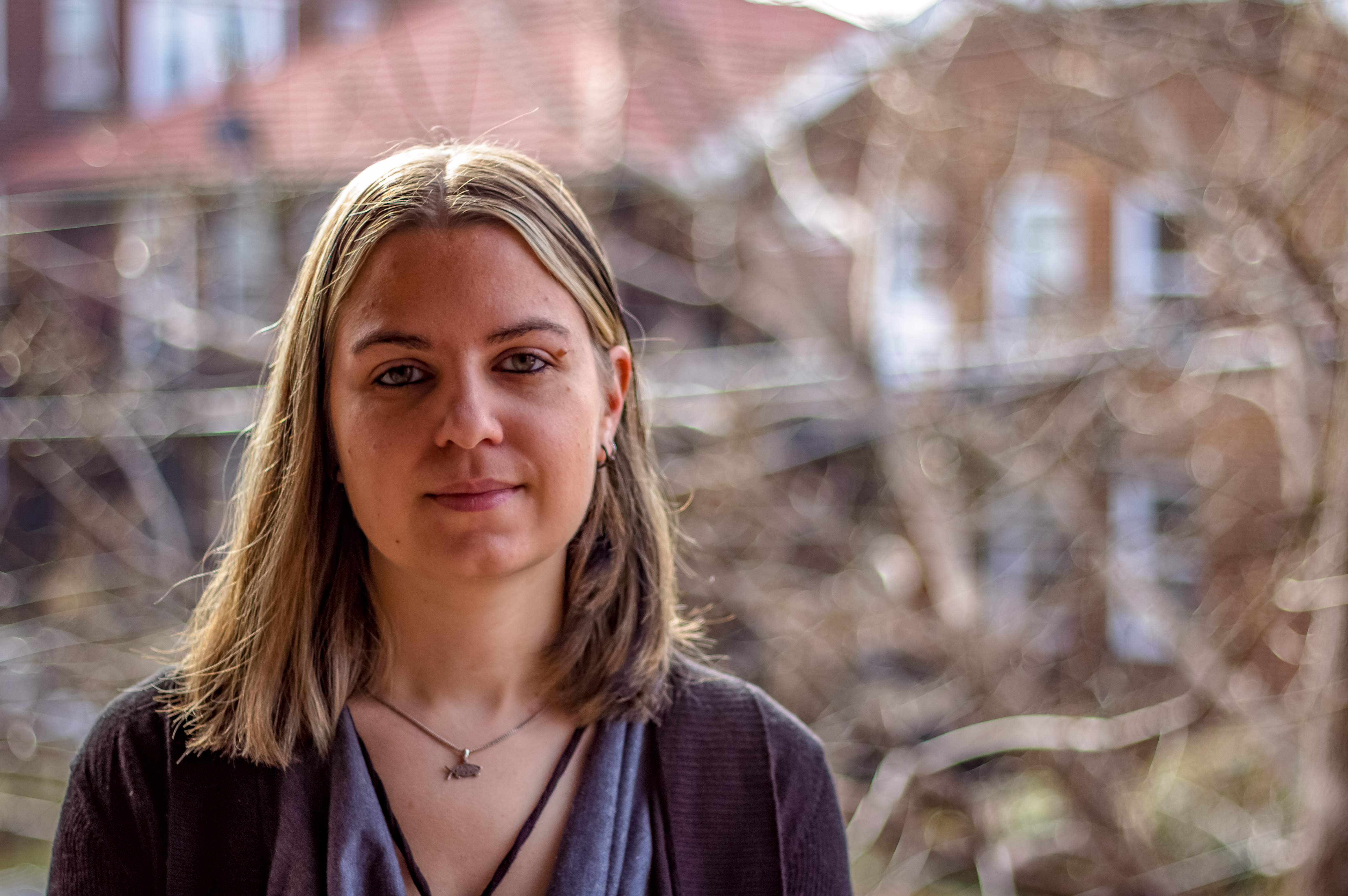

Manuela Engstler
American Studies, SLU

Manu Engstler is a Ph.D. candidate in American Studies at Saint Louis University. Her summer research project, which is part of her dissertation titled “Translating A Revolution: Black and White Panthers and the German Student Movement,” will examine the relationship between the White Panther Party, the Black Power and German Student movements. It will analyze the flows of exchange between these groups, through translation and adaptation of ideas and ideologies. This project will explore the circumstances in which these flows could be considered as merely translation or if these situations should be considered in terms of assimilation and appropriation due to the differences in cultural, regional, and racial backgrounds of these groups. For this Engstler will examine primary sources located in archives in California and Germany.



Zoe Geyman
Anthropology

Zoe Geyman is a PhD student in cultural anthropology at Washington University in St. Louis, where she studies the process of digital development in India. Zoe works with digital development NGOs in Delhi, where she considers aspects of labor, class-performance and consumption, and technology to ask how contemporary development work produces states of “development” and “underdevelopment” in unexpected ways. Her summer research considers how Indian digital development NGOs are responding to the coronavirus pandemic, and the potential for these responses to (re)produce caste, class, and global solidarities.

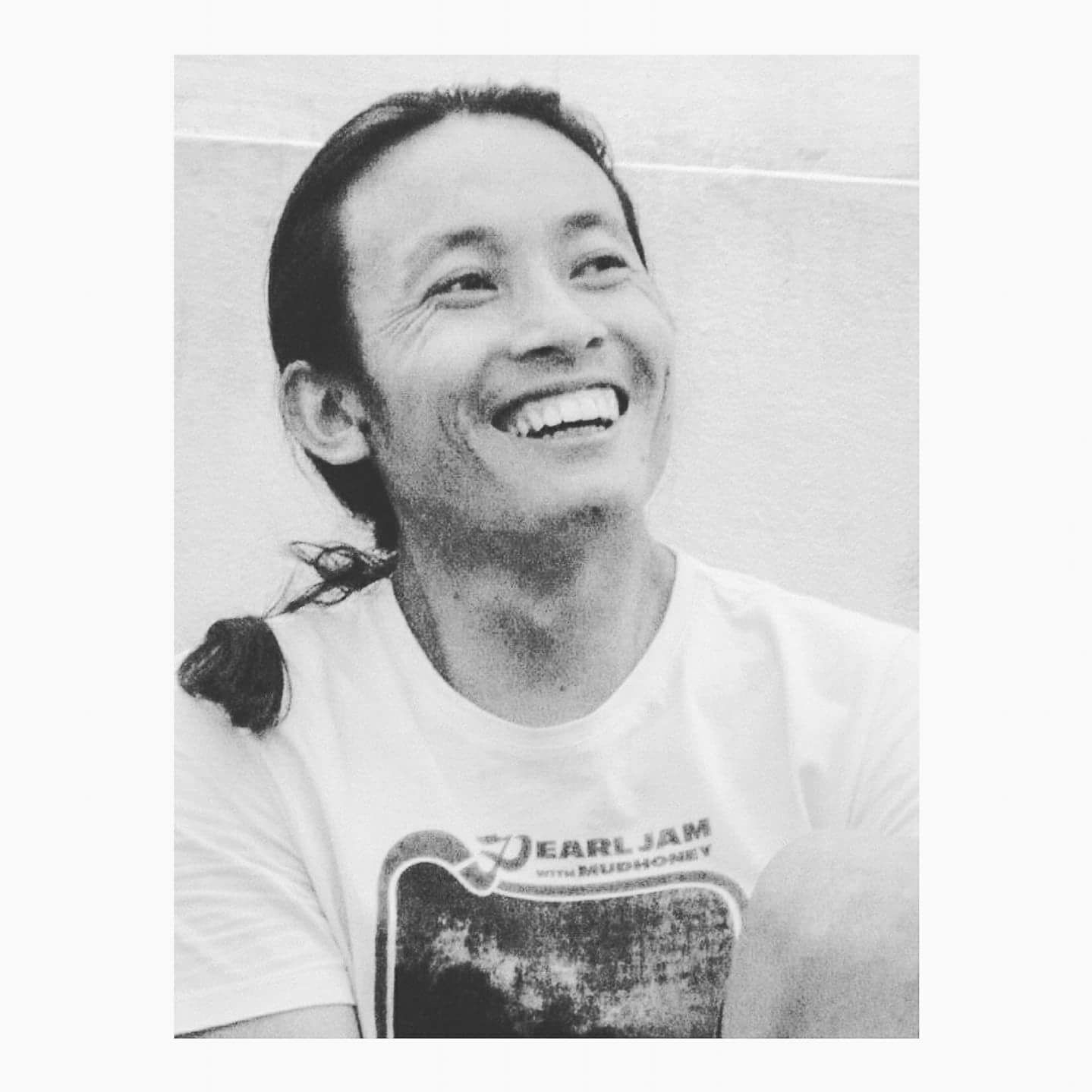

Tashi Ghale
Anthropology

Tashi is a third-year doctoral student in sociocultural anthropology at the Washington University in St. Louis. Before the commencement of his doctoral studies, Tashi worked with various Indigenous and research organizations in Nepal. His background includes a demonstrated interest in Indigenous refusal and rural community building. Apart from writing several opinion pieces in various mainstream media in Nepal, he has participated and shared his research in various national and international conferences.
His year-long dissertation fieldwork investigates road-building in Dolpo, Nepal, with a particular emphasis on the Dolpo community and their land tenure practices. Through key informant interviews, focus groups, and participant-observation, Tashi is investigating how the Dolpo community negotiates a politically charged and socially divided landscape. His research examines the intersections of caste, class, and indigeneity in Nepal. Before attending Washington University, Tashi received an M.A. in Political Science from the Tribhuvan University in Nepal in 2014 with his thesis examining the relationship between the customary institutions and local election in Dolpo.
Besides writing, he is also interested in visual ethnography. His photos secured second and first prize in an annual University photography contest in 2018 and 2019 respectively. His first documentary ‘MiTse: Struggles of Dolpo Women (2017)’ were screened in various parts of Nepal including Martin Chautari, and the Tribhuvan University.



Meredith Kelling
English

Meredith is a doctoral candidate in English and American Literature and a Harvey Fellow in American Culture Studies. Her dissertation project examines women’s work and writing across the twentieth century, assessing texts that hide and circulate information essential to the building of everyday gender and antiracist solidarities. Each chapter is a comparative study of women authors that attends to how their works gesture towards an extra-literary realm of the “passable.” Broadly, the dissertation explores that word’s often simultaneous meanings of mediocrity, transportability, deliberate invisibility (“passing”) and “dismissibility”: markers that co-operate at once to circulate information and establish solidarity under the watchful eyes of disapproving readers and publics. Research conducted as a Divided City Graduate Fellow will center on memoirs and novels that include recipes and culinary imperatives. In fleshing out the perhaps unsurprising predominance of the recipe format in “passable” women’s writing, Meredith analyzes textual features that model and engender the circulation of information—some culinary, some conspiratorial—between women.


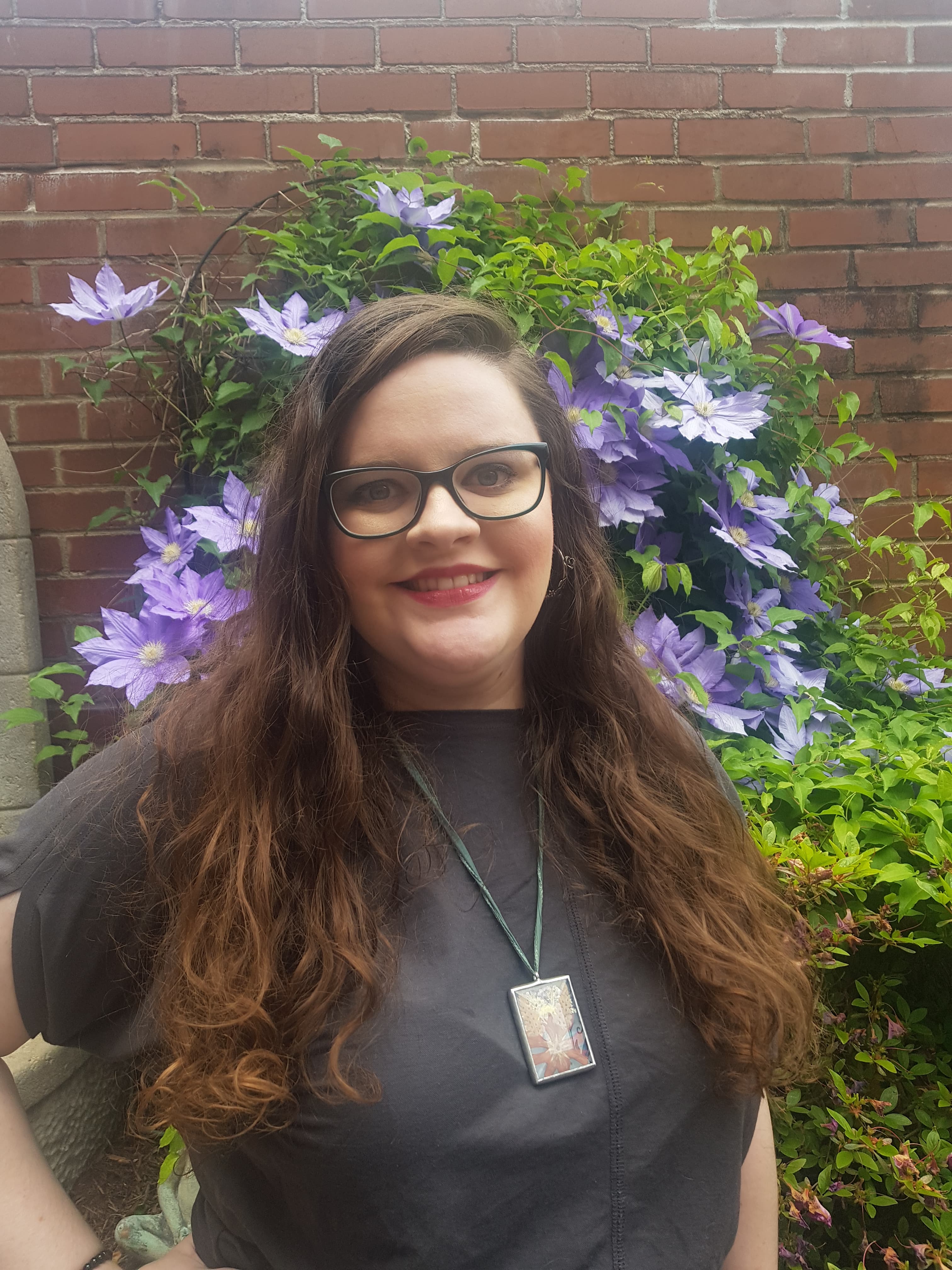

Emma Merrigan
Romance Languages and Literatures

Emma Merrigan is a current doctoral candidate in Hispanic Studies at Washington University in St. Louis and is also completing a graduate certificate in Women, Gender, and Sexuality Studies. Her dissertation, “Cripping Utopia: Revolutionary Corporealities in Cuba and the Diaspora,” incorporates literature, film, and plastic arts to disentangle the complex relationships between disability and social progress narratives in Cuba’s 1959 Revolution. She seeks to illuminate what spaces, timelines, and practices of political reform have been made available to and by Cubans with disabilities since the 1960s to ensure their continued existence in a socialist Utopia whose governing institutions paradoxically conceived of disability as both conducive to and incompatible with postcolonial liberation. This summer, she will engage with contemporary Cuban authors and artists who narrate the post-Cold War era massification of disability on the Island as evidence of both the failures and the world-changing potential of revolutionary action. Ultimately, she considers that scrutinizing disability representation in a socialist context complicates questions about what kinds of physical, psychological, and intellectual practices enter into consideration as legitimate forms of activism.




Katja Perat
Comparative Literature
![]()
Katja Perat is a fourth year PhD candidate in Comparative Literature at Washington Universtiy in St. Louis, researching the discourive dorelations between sexual and political power in Cold War Central Europe, currently working towards her dissertation titled “Victimhood and its Perversion: Masochistic Narratives and Cultural Identity in Cold War Central Europe”. Her debut novel Mazohistka (The Masochist) is forthcoming in translation by Michael Biggins in October 2020, published by Istros Books, London. As a fellow, she will work on a research article that will explore how segregation in Austrian Carinthia informed Peter Handke’s narrative construction of Yugoslavia that framed his controversial view on the question of its dissolution.



Grant Stauffer
Anthropology

J. Grant Stauffer is pursuing his Ph.D. in Anthropology with a focus on the archaeology of Native North American cultures in the Eastern Woodlands. His research focuses on the creation of monuments and use of architectural space within Cahokia, a UNESCO World Heritage site and Pre-Columbian Native American ceremonial center located in modern Collinsville, Illinois. As the pre-eminent center of cultural complexity in the American Midcontinent between A.D. 1050-1350, Cahokia contains over 110 mounds—monuments constructed from earthen constituents into ridgetop, conical, and platforms—built atop a floodplain landscape that was modified to establish several plazas. Cahokia boasted the largest and most numerous earthen mounds north of Mexico, with a comparably large residential population. The rapid development and eventual decline of the site remains an important and hotly debated topic, approached from several disciplines. As a fellow, Grant is examining the timing and extent of spatial segregation within the Ramey Field, a pocket of Cahokia’s Central Precinct that serviced civic-ceremonial activities on site. Importantly, this space witnessed the establishment of an initial village that was cleared to accommodate the formalization of an “East Plaza” compound that was subsequently “interrupted” by the largest palisade wall in North America at the time, prior to the site’s abandonment in the 14th century A.D. He is interested in understanding how segregation contributed to both Cahokia’s development as a ceremonial center and its eventual decline.

Meet our 2019 Cohort



Monica Datta
MFA, Fiction
![]()
Monica Datta is an MFA candidate in fiction writing at Washington University. In support of two lengthy, illustrated fictional texts, she will conduct field research, study primary sources, collect documentary material and take photographs in five metropoles (Marrakesh, Morocco; Berlin-Brandenburg, Germany; and Paris, Lille-Roubaix and Aix-Marseille, France) with complex urban morphologies.






Francesca Dennstedt
Romance Languages and Literature
Francesca Dennstedt is currently a PhD candidate in the Hispanic Studies program and doing a graduate certificate in Women, Gender and Sexuality Studies at Washington University in St. Louis. In her dissertation, potentially titled “Feeling Temporal Displacements: Cuir Female Cultural Production in Mexico XX-XXI”, she examines how queer female culture in Mexico can help us shape and eventually create the possibility of a cuir time. For the summer of 2019, she will be working on a project titled “Taking to the Streets with ‘Ni Una Menos’ in Times of ‘Me Too’: Claiming Feminist Solidarity in Urban Landscapes Across the Americas.” She is interested in how the ‘Ni Una Menos’ movement appropriates urban space to build a different kind of feminist solidarity, one that is attentive to histories of race, debt, and imperialism. Ultimately, focusing on #NiUnaMenos in times of #MeToo reorganizes the normative geographical flows between the US and Latin America and questions the global reach of Me Too.

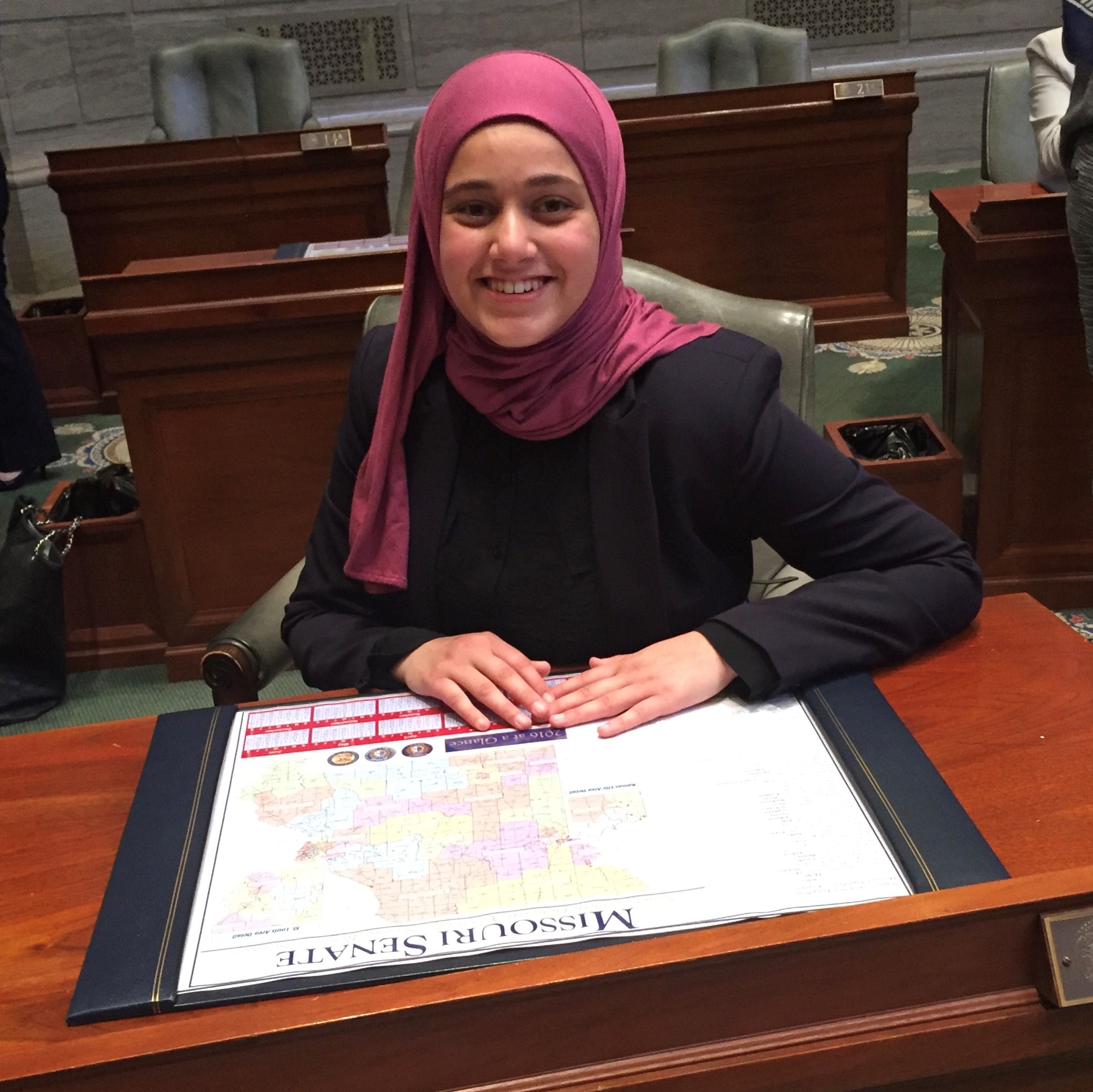

Deena Essa
Jewish, Islamic, and Middle Eastern Studies
![]()
Deena Essa is pursuing a Masters in Islamic and Near Eastern Studies. Her research focuses on the legal production of politico-spatial relationships in Muslim-majority countries. As a fellow, she will spend the summer in Nablus researching how Palestinians mobilize politically in a city whose authority is fractured by the Palestinian-Israeli conflict as well as the Fatah-Hamas divide.

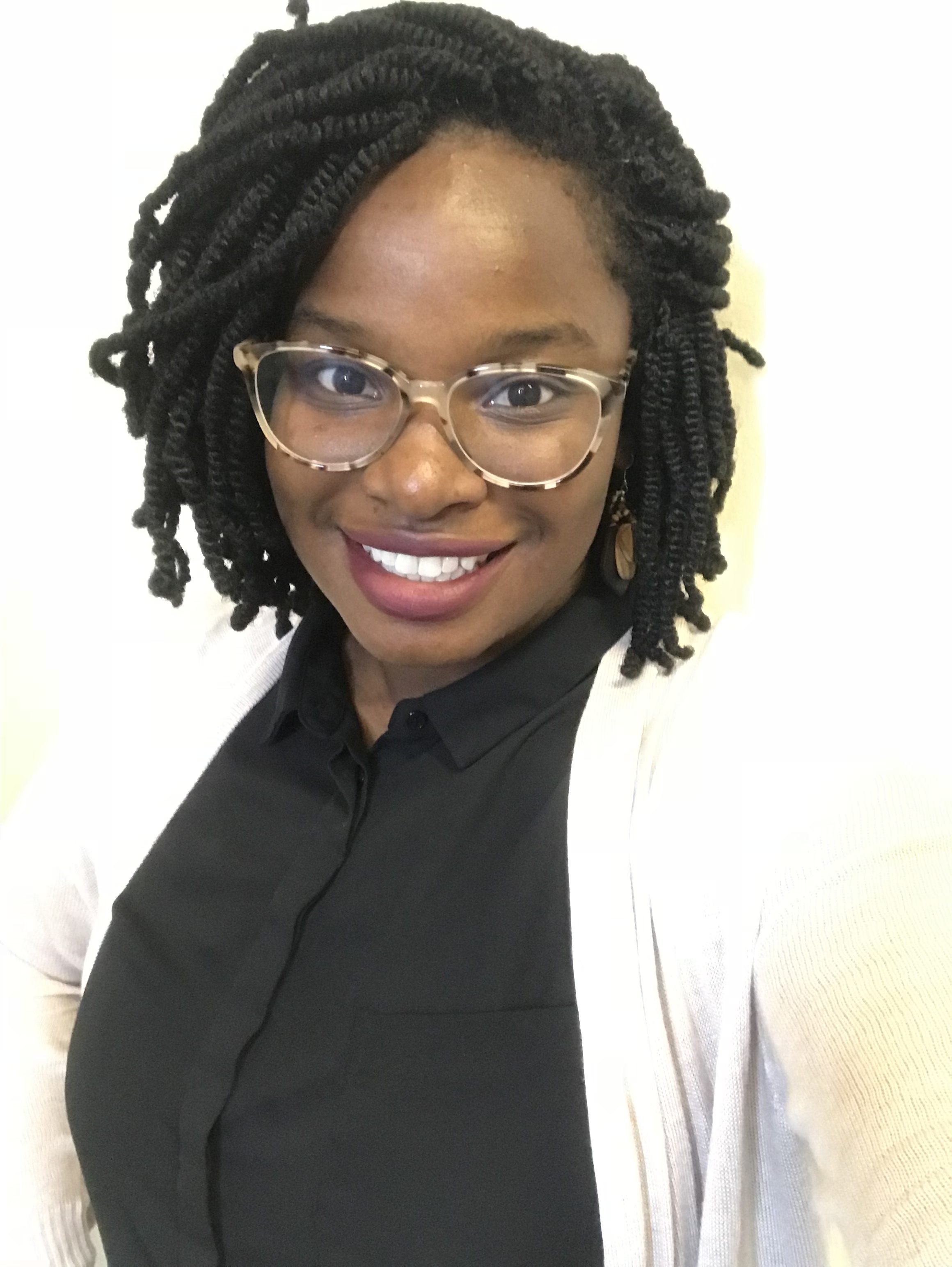

Cicely Hunter
American Studies, SLU
![]()
Blaring Silence: The Silent Protest Parade of 1917 and Its Historical Influence on Activism
Cicely is a doctoral candidate in American Studies at Saint Louis University. Her summer research project explores a series of events that unfolded in Harlem between 1917-1929: the Silent Protest and parades by the Universal Negro Improvement Association (UNIA) and Harlem Hellfighters. Her project investigates how Black organizers used parades to redefine Black identity and politics in new ways. Drawing from several interdisciplinary methods, these parades symbolized a collective effort to create change despite racial violence, war, discrimination, and other forms of opposition.

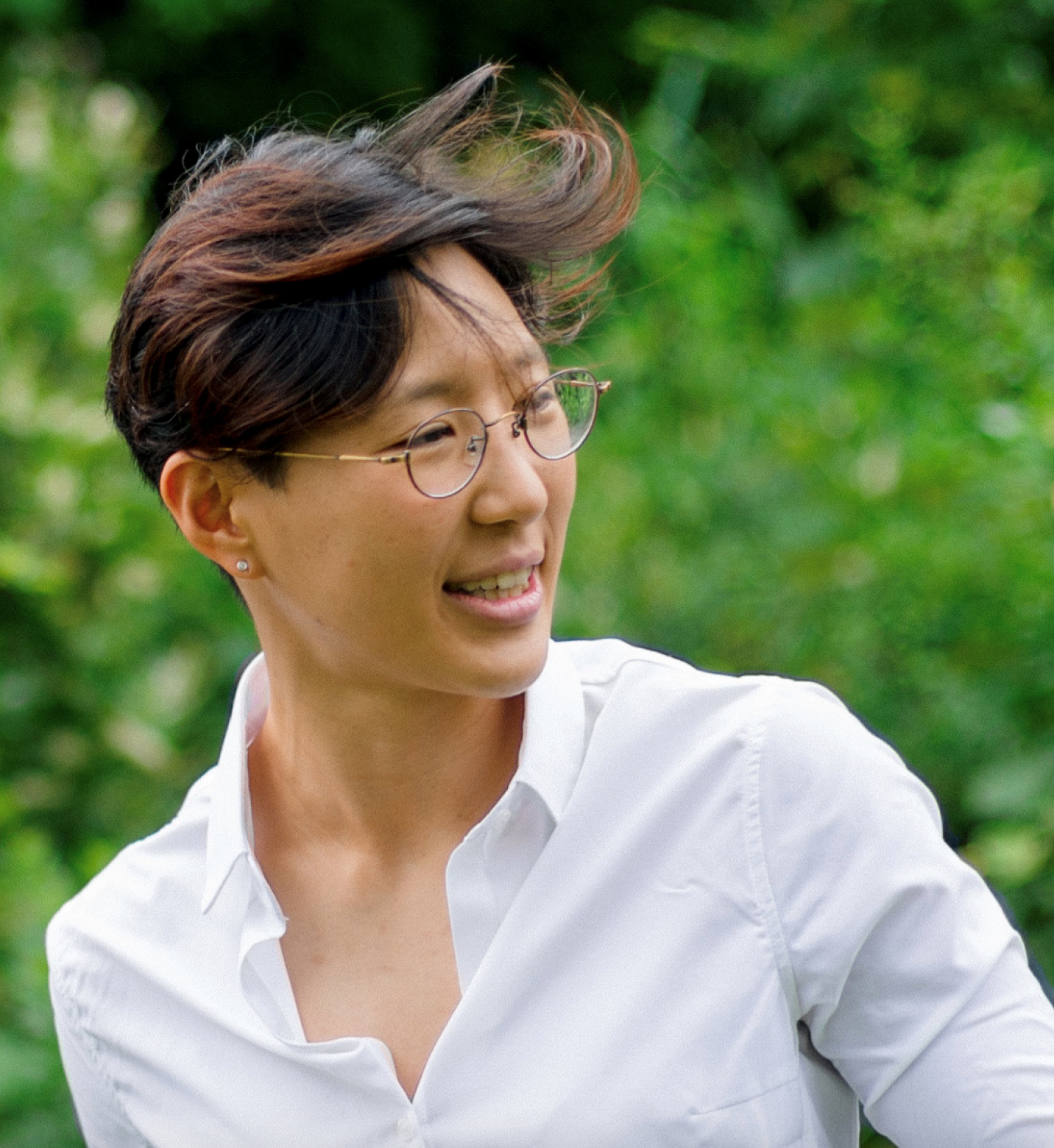

Bomin Kim
Architecture and Urban Design
![]()
Bomin Kim is a doctoral student in Sustainable Urbanism at Washington University in St. Louis. Her summer research project, “Aging in Heat: Measuring Thermal Inequity and Walkability in Chicago” explores how different built environments influence microclimates and may change the conditions for accessing mobility and physical activity in older adults. The research will analyze environmental factors that increase thermal stress and perpetuate spatial divisions in the city in different socioeconomic neighborhoods. Before attending Washington University, Bomin studied architecture and building engineering from the Graduate School of Design at Harvard and worked as an architect developing sustainable design solutions in Boston.

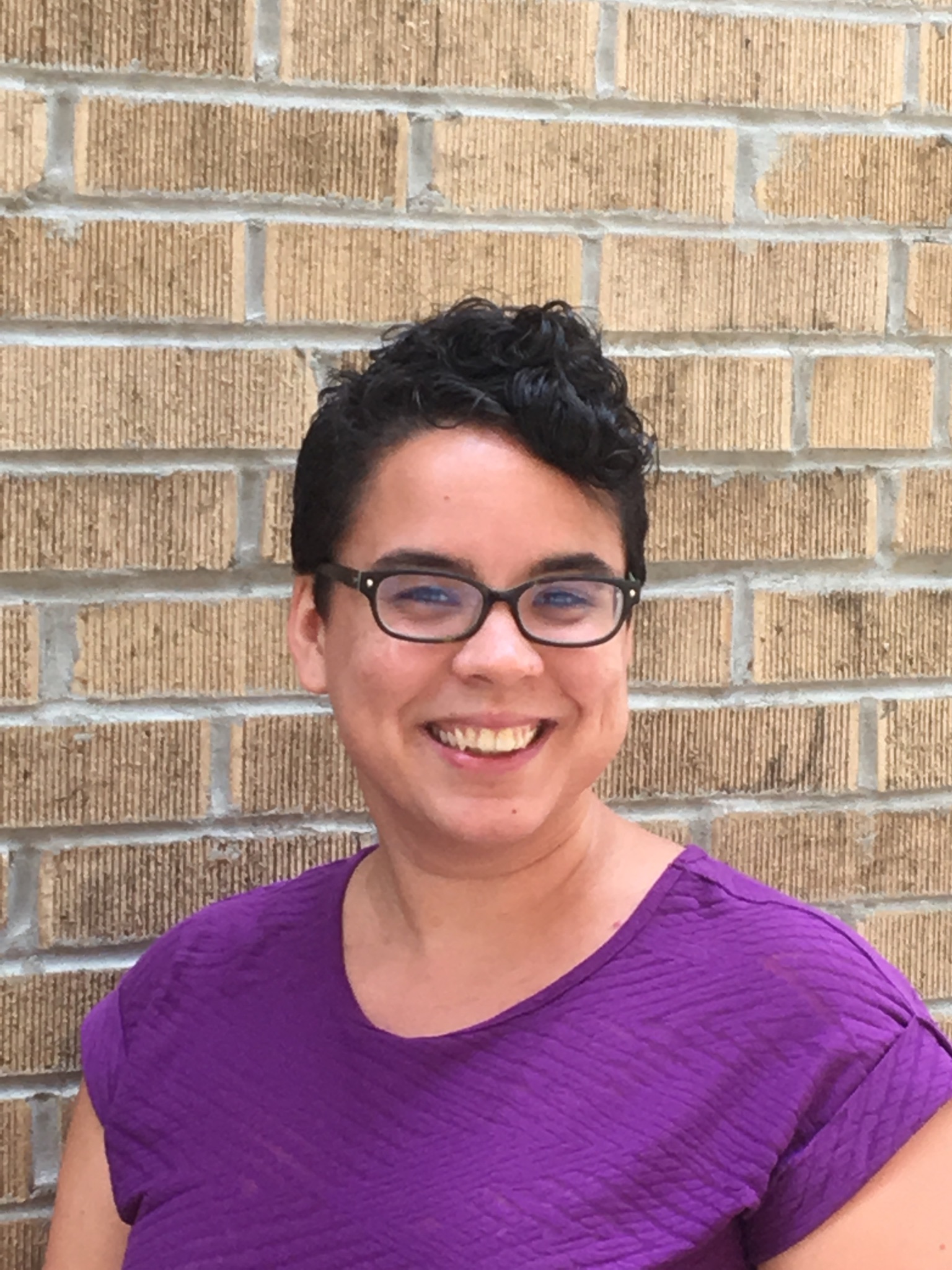

Mary Maxfield
American Studies, SLU
![]()
Mary Maxfield is a PhD candidate in American Studies at Saint Louis University (SLU). She holds an M.A. in American Studies from SLU, an M.A. in American Culture Studies from Bowling Green State University, and a B.A. in Creative Social Change from Fontbonne University. Her work focuses on the interplay between social justice, identity, and technology, and works to bridge academic research, creative arts, and practical social change. Mary’s research is featured or forthcoming in They Say, I Say: The Moves That Matter in Academic Writing, Feminist Media Studies, and Frontiers.

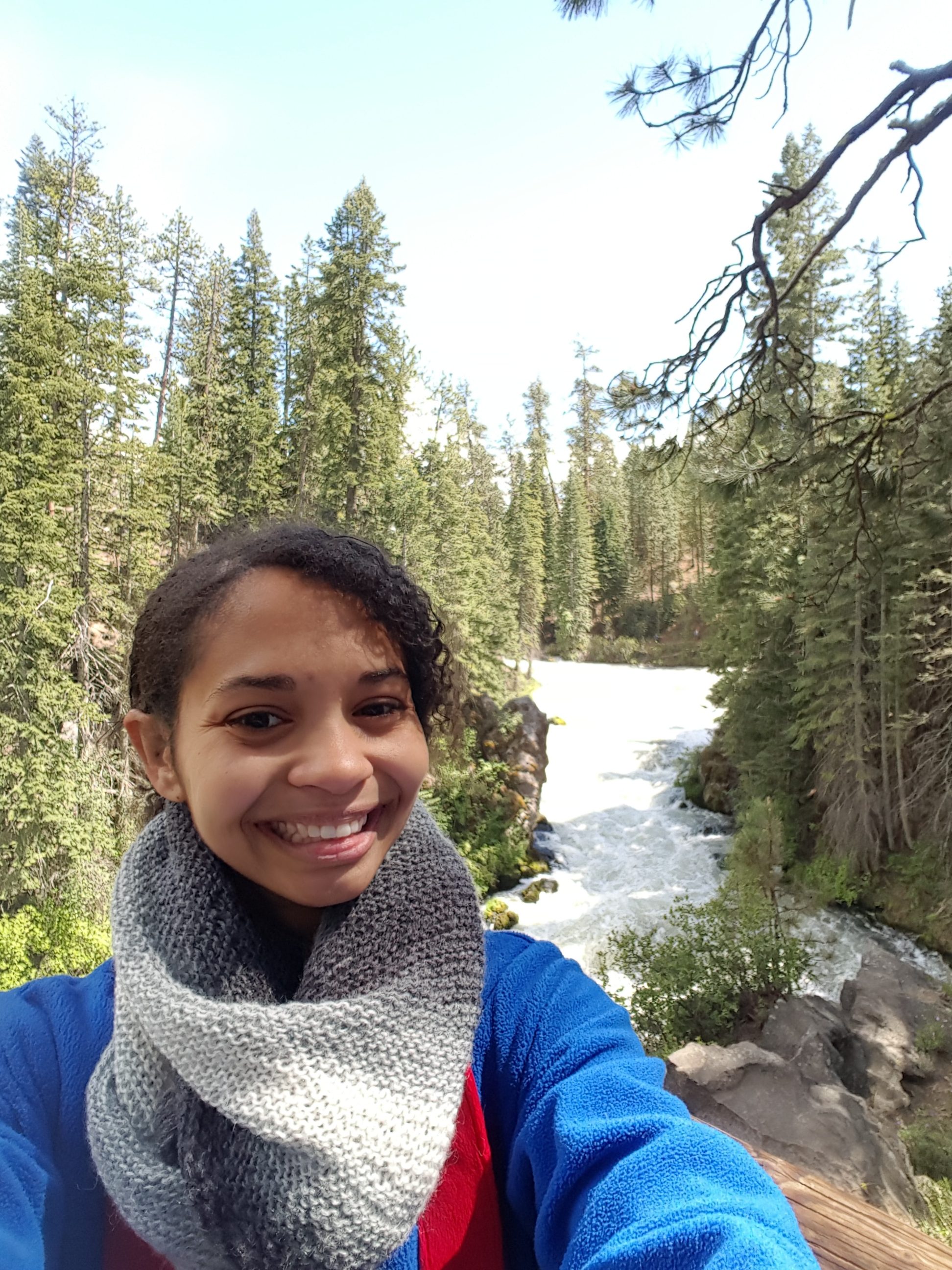

Lauren McDaniel
Landscape Architecture
![]()
Lauren McDaniel is a St. Louis native entering her final year in the Master of Landscape Architecture program at Washington University in St. Louis. She received her B.S. in Environmental Science from Saint Louis University where she also minored in Biology and Italian Studies. Lauren is passionate and interested in native landscapes, restoration, environmental justice, sustainability, and environmental education and has been involved with several non-profit organizations around St. Louis that address these issues. Through design, scientific inquiry, and play with an emphasis on humanistic philosophy, Lauren seeks to bring the natural world to not only children but people of all ages. Landscapes are dynamic, cultural, ecological, and experiential, not merely meant to be utilized passively. Landscapes possess the potential for active emotional, moral, and physical development. Her research targets and investigates vacant lots in St. Louis as temporal playscapes that hold the potential to fill voids within children’s holistic education and development.

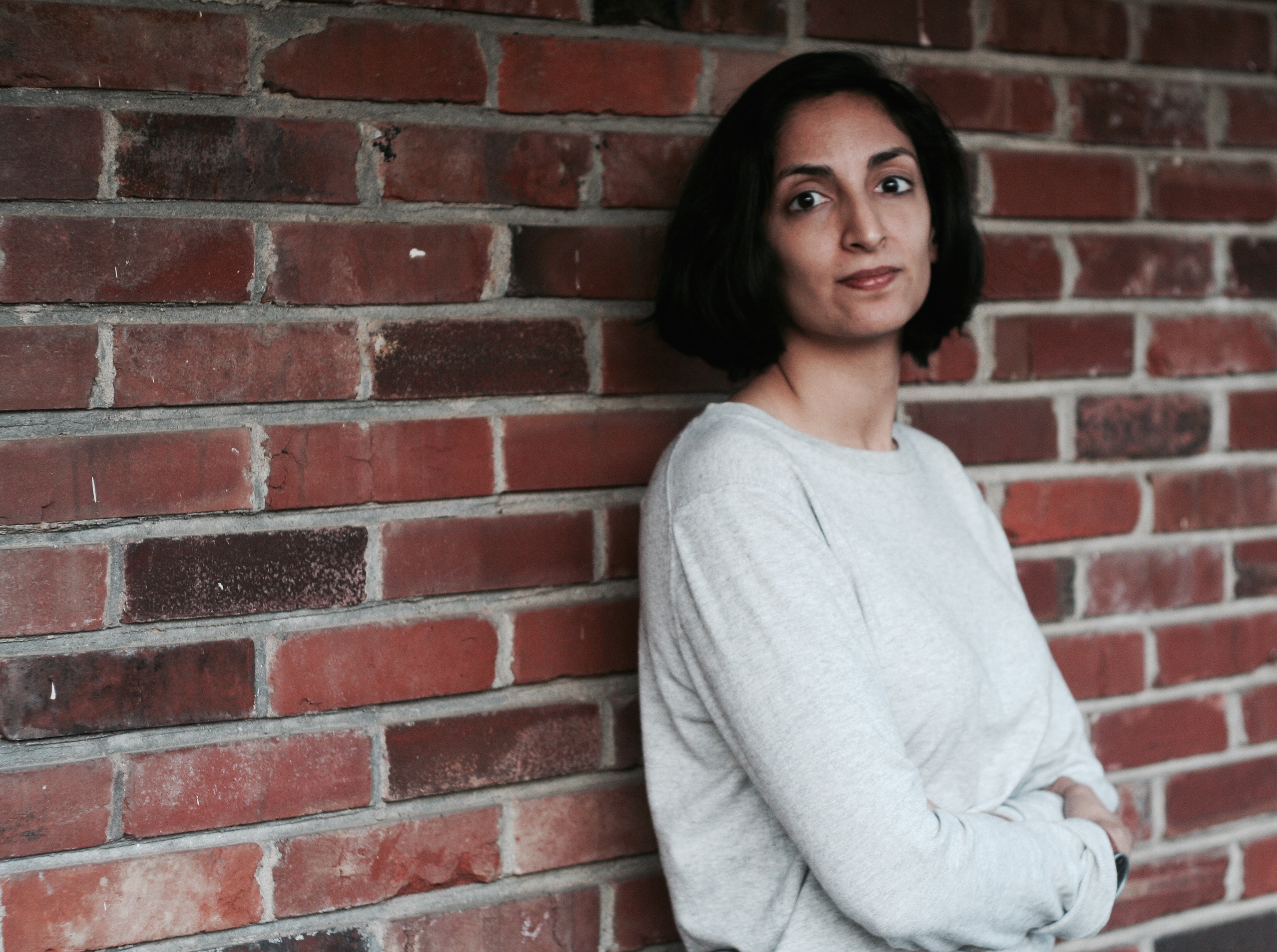

Samantha Pergadia
English

Samantha Pergadia is a PhD Candidate in English and American Literature at Washington University in St. Louis, and she holds a B.A. from Princeton University. Her dissertation studies the influences of industrial livestock production on urban segregation. In the 1950s and 1960s, white ethnic residents of Chicago’s Stock Yards moved to what they considered cleaner and better jobs, leaving slaughterhouse work to African American and Mexican American populations. The dissertation argues that twentieth-century American authors, from Upton Sinclair to Toni Morrison and Ruth Ozeki, retraced a material entanglement between race- and species-based violence that orbits the segregating processes of industrial farming. Samantha’s work is published with Feminist Studies and African American Review. For the summer, she will undertake archival work related to the Chicago Stock Yards.

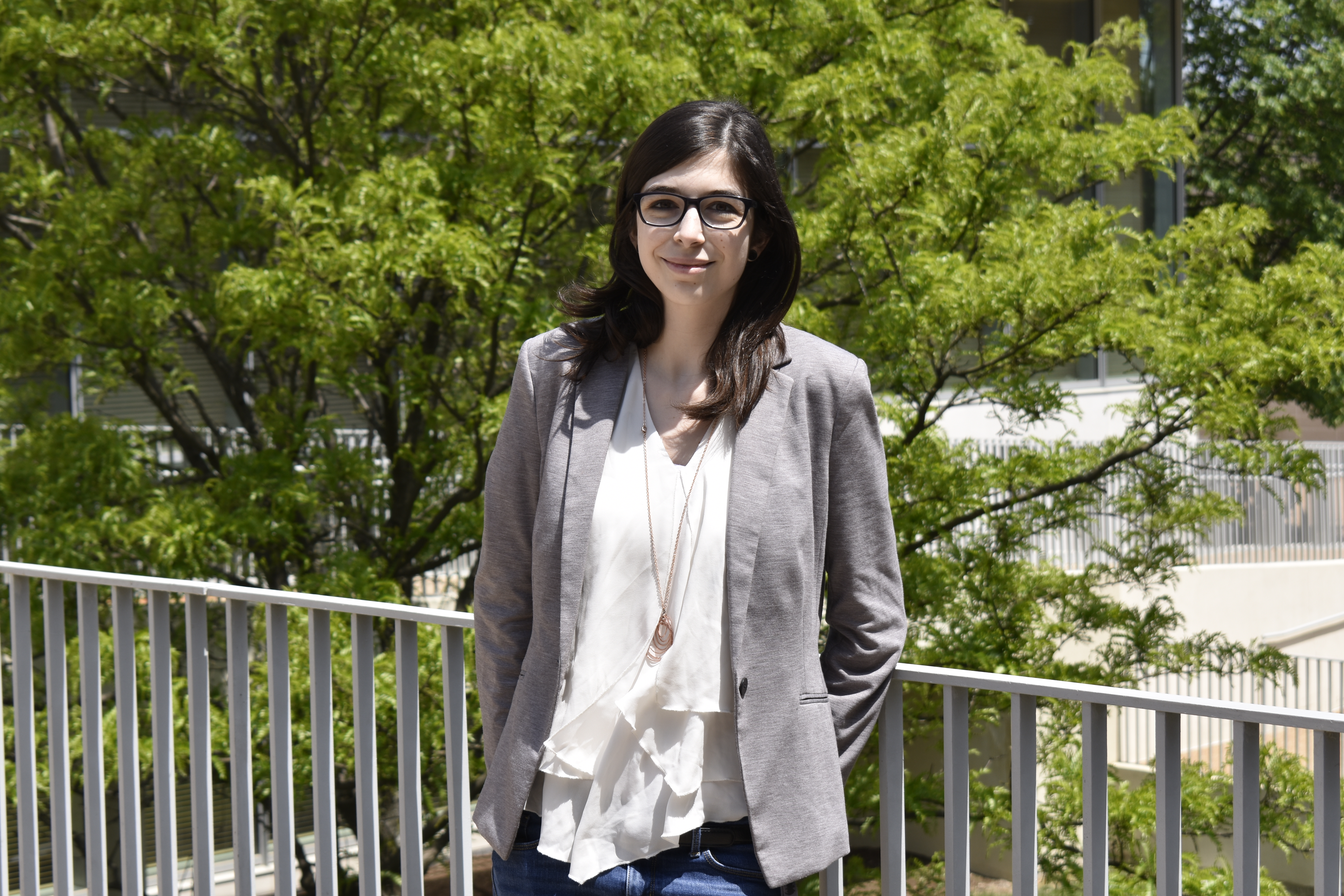

Larissa Sattler
Architecture and Urban Design
![]()
Larissa Sattler is a second year student in the Master of Architecture program at the Sam Fox School of Design. She graduated summa cum laude from Roger Williams University with a B.S. in Architecture. Larissa has an interest in the study of urban design and development with an understanding that the city acts as a projection of its people. Her research involves the study of urban segregation within the community as a byproduct of its industrial legacy. Historical narratives and methodical drawings are used to produce a series of palimpsests that uncover the layers of disassociated place attachment within the city. The industrial building typology, transitions of ownership, and marks of vacancy, as revealed by the subtle traces imprinted on the architecture, can begin to expose the nature of a divided city while mapping the social and economic fracturing of communities.
Meet our 2018 Cohort



Oguz Alyanak
Anthropology

Oguz Alyanak is a PhD Candidate in sociocultural anthropology, graduate student fellow at the Center for the Humanities, and McDonnell scholar at Washington University in St. Louis. His dissertation focuses on Muslim men and their going out habits, with a particular emphasis on their participation in the nighttime economy in the Franco-German borderland (Strasbourg-Kehl), and moral anxieties pertaining to their practices outside of home and workspaces. For the summer of 2018, he will be returning to Strasbourg to produce a short ethnographic film on French public housing courtyards, with a particular emphasis on youth socialization in these spaces.

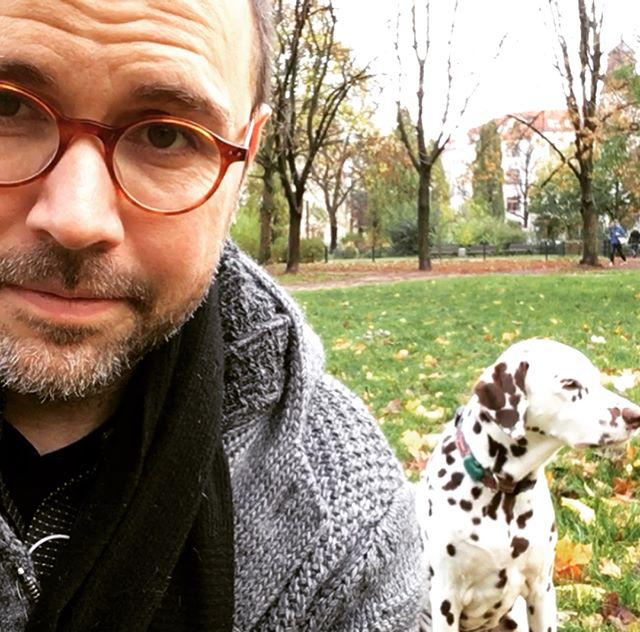

Mark Beirn
History

Mark Beirn is a PhD candidate in International Urban History at Washington University in St. Louis and a 2017-18 Fulbright Scholar at the Global Urban History Project in Berlin. His dissertation follows the contested emergence of the commercial airport as a new kind of urban infrastructure after the First World War. He focuses on the Berlin Airport Administration established in 1924 and the city’s cluster of airports, as well as airport infrastructure in post-war Istanbul, transition-era Nairobi, and St. Louis. With the Divided Cities Summer Fellowship, he will research in municipal and colonial archives in London, Paris, and Istanbul, and visit environmentally significant sites of the First World War.



Lauren Crossland-Marr
Anthropology

Lauren Crossland-Marr is a Ph.D. Candidate in cultural anthropology at the Washington University in St. Louis. Her year-long dissertation fieldwork investigates halal in Milan, Italy. Through interviews, focus groups, and participant-observation, Lauren is investigating how Italian-Muslims navigate a politically charged and socially divided foodscape. She takes a cultural approach, focusing on the daily process of institutionalization in the effort to break-down barriers to halal food access. She is currently a junior member of the Netherlands Interuniversity School for Islamic Studies and a student researcher at the University of Milan, Statale. Before attending Washington University, Lauren received an M.A. in anthropology from the Catholic University of America in 2014. In 2007, she received two bachelor’s degrees, one in Italian language and another in anthropology, from the University of Maryland, College Park.

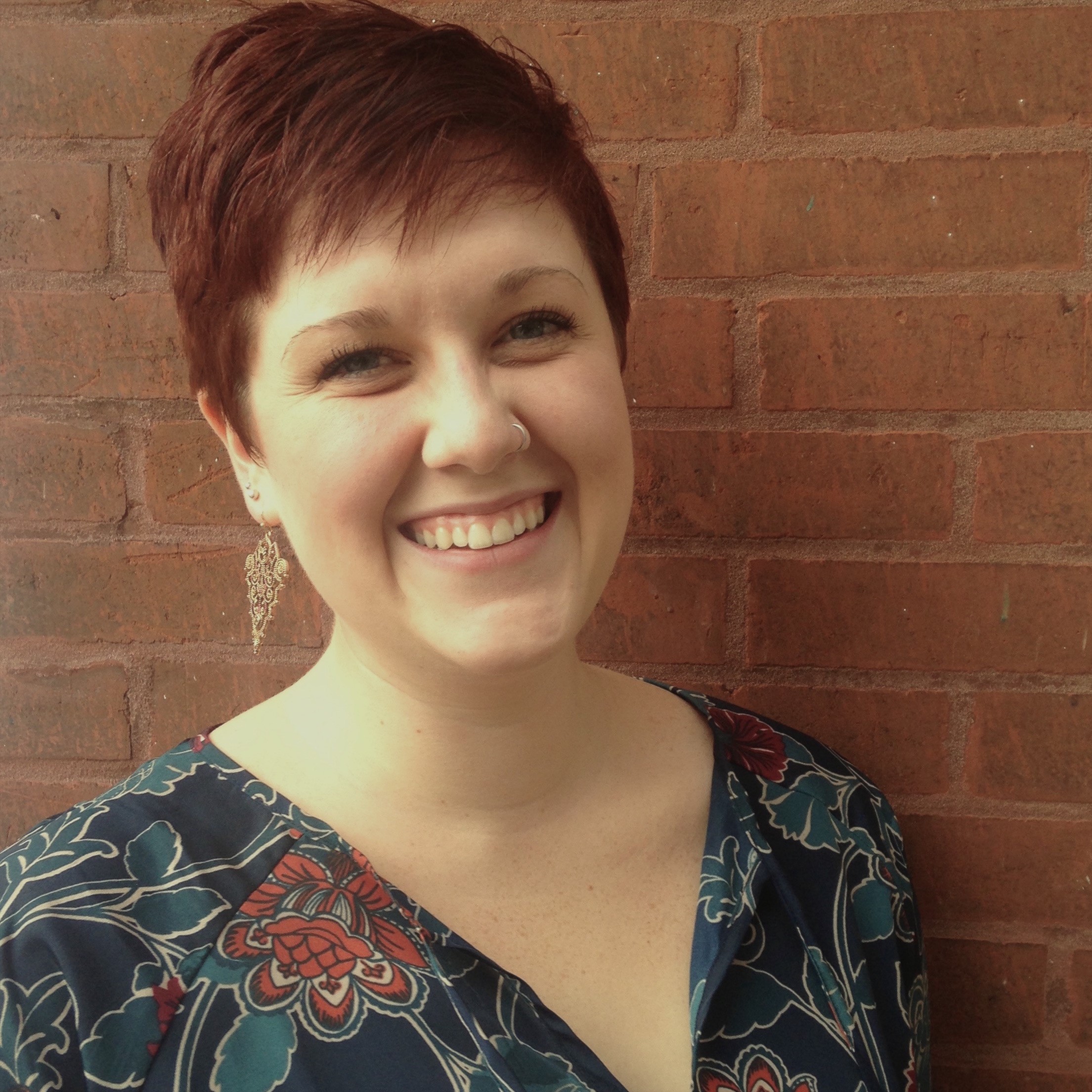

Elizabeth Eikmann
American Studies, Saint Louis University
![]()
Elizabeth is a current PhD candidate in American Studies at Saint Louis University. Her summer research project, “Seeing St. Louis: The Urban, the Visual, and the Color Line,” works to explore the social, cultural, and political meanings embedded in images of late-nineteenth century St. Louis. Specifically, the project aims to recover the visual meanings of the “color line” as it was constructed in photographs of local urban spaces. In addition to photography and local history, Elizabeth is also interested in gender studies and public history. In her spare time Elizabeth enjoys visiting museums and giving tours of St. Louis neighborhoods.

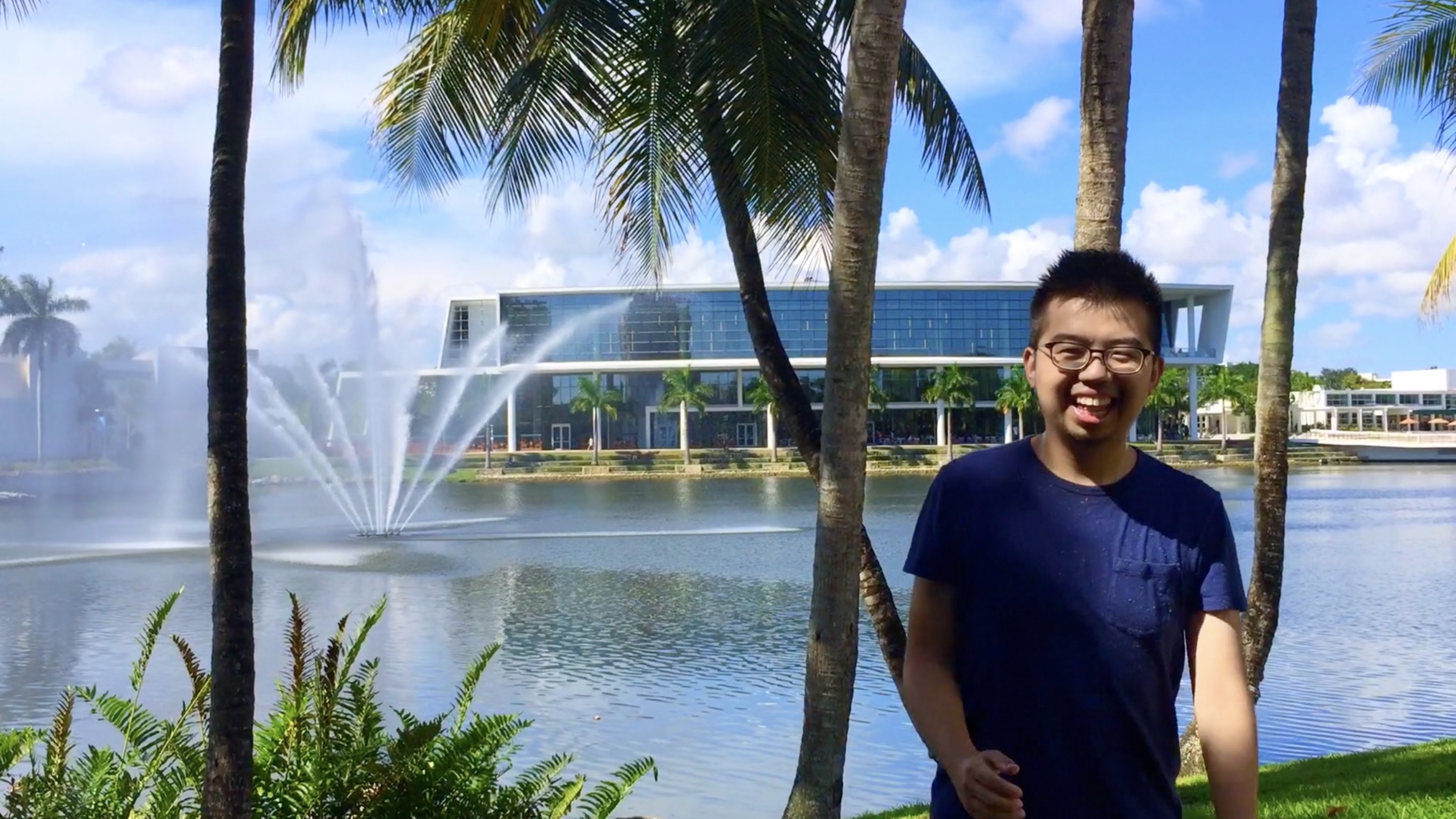

Wei Liu
Architecture & Urban Design

Wei Liu is currently a doctoral candidate in the inaugural cohort of Sustainable Urbanism at the Sam Fox School of Architecture & Urban Design at Washington University. He received a Master of Urban Design from University of Miami, Coral Gables (2016), and a Bachelor of Urban Planning in Tianjin, China (2014). Prior to the doctoral program in St. Louis, he worked as a city designer for Redevelopment Management Associates, a Florida-based company in Pompano Beach, FL. Wei’s research interests lie in the fields of urban sustainability, metabolism, & morphology, built environment, aging in place, public health, and the science of science communication. Wei has a holistic methodological approach to transdisciplinary sustainability thinking, involving complex social, cultural, political, environmental, and economic systems. He would like to address the design of cities that are more environmentally integrated with natural systems, healthier, less dependent on scarce natural resources, and more socially just. Wei is the recipient of the Graduate Student Travel Grant from the Sam Fox School of Design & Visual Arts (2018), the Graduate Student Summer Research Fellowship from the Divided City Initiative (2018, 2017), and the Gina Tirinnanzi AICP Memorial Scholarship from American Planning Association (2016, 2015). In 2018, Wei was invited to the American Association of Geographers Annual Meeting to present his research about social inequality and mobility from geographical perspectives. In 2015, Wei was invited to the American Planning Association Annual Conference to deliver a short discussion on the topic of New Urbanism.

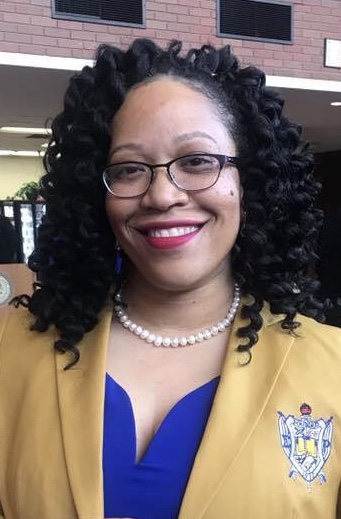

Cindy Reed
American Studies, Saint Louis University

Cindy Reed is a doctoral student in the Department of American Studies at Saint Louis University. Having earned a B.A. in Communication with minors in Sociology and African American Studies and an M.A. in English, Cindy combines her social science and humanities interests to study twentieth-century African American literature situated in cities. From poetry to prose, Cindy’s work seeks to understand how the confluence of race, gender, class, and environment surface in black literature from an interdisciplinary standpoint and what those findings might imply specifically about black girls and women and larger societal institutions. Her research interests also include representations of black girls in literature and multi-media texts, as well as black, urban cities and spaces.

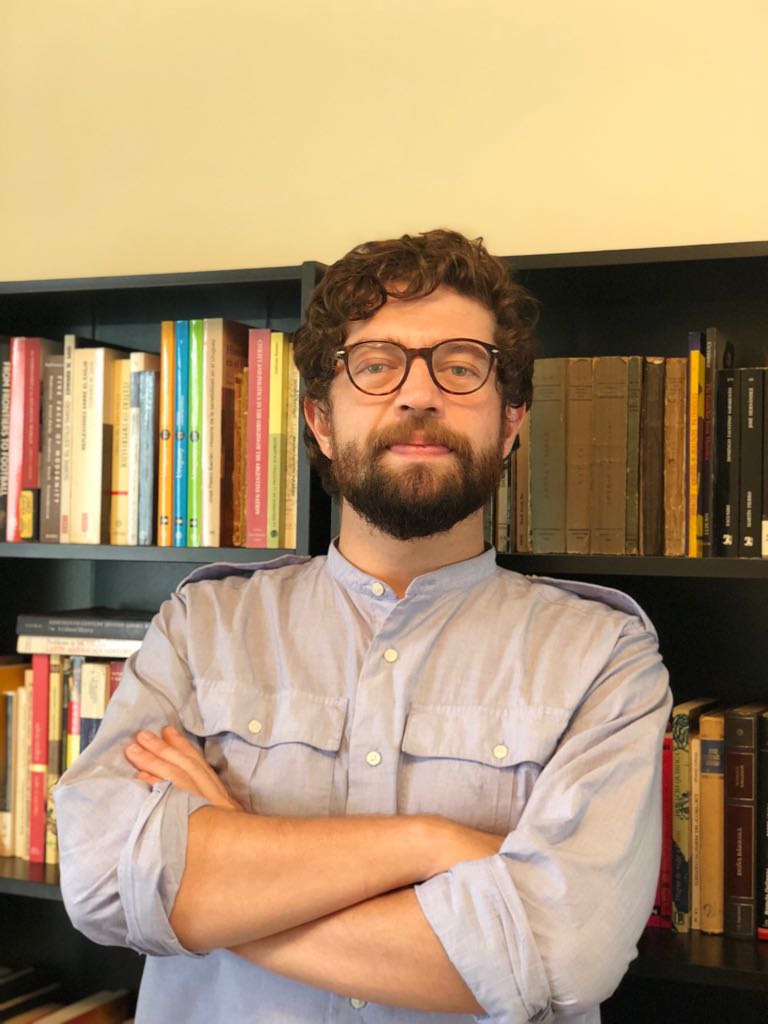

Santiago Rozo-Sanchez
Romance Languages and Literature
![]()
Santiago Rozo-Sánchez is a third year Graduate Student of Spanish and Latin American Studies. His areas of research include Contemporary Latin American cultural production, cultural theory, neoliberal culture, and ‘world literature’ theory.

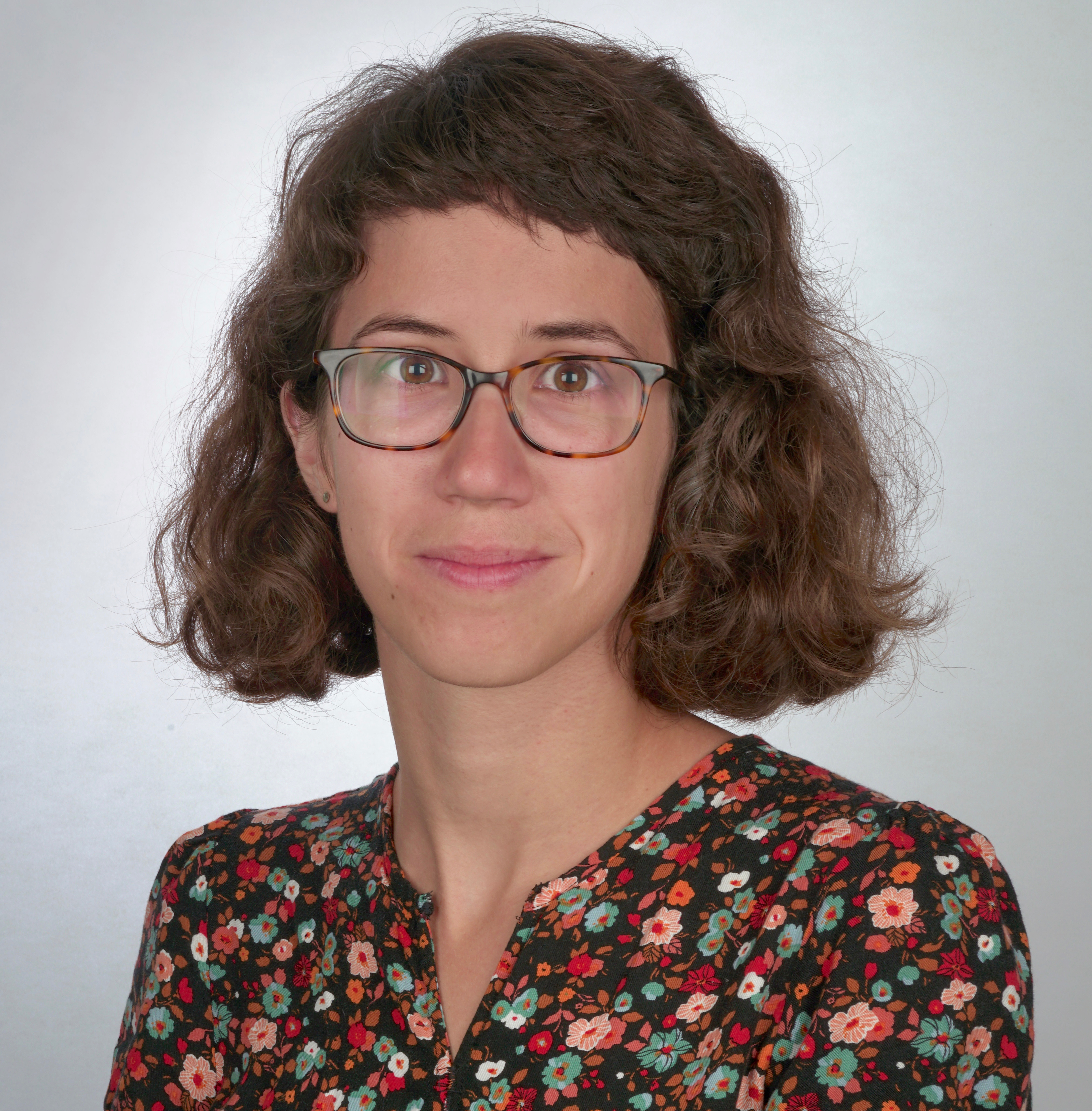

Ena Selimovic
Comparative Literature

Ena Selimovic completed her MPhil in Comparative Literature at Trinity College in Dublin and is nowa PhD candidate in Comparative Literature at Washington University in St. Louis. Her dissertation, Forms of Foreignness, traces ex-Yugoslav diaspora literatures’ travels among nodes of an inter-imperial network. She focuses on the newly reconfigured discourses on racialized and minority subjectivity emerging through migration, especially in the U.S. Originally from the Former Yugoslavia, she came to the U.S. as a refugee after spending six years in Turkey.

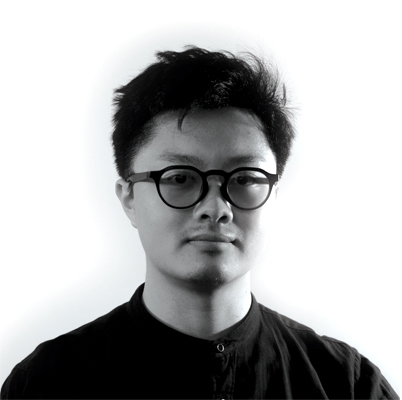

Sheng Yan
Architecture

A second-year student in the Master of Architecture program in the Sam Fox School of Architecture & Urban Design, Sheng is interested in the morphology of cities as geopolitical phenomena, with specific focus on the impacts of transnational infrastructure building initiatives on local communities in emerging economies. He was a recipient of the Steedman Student Summer Research Grant in 2017 for his research on three early precedents of the “aerotropolis” model in Gander, Canada; Shannon, Ireland and Anchorage, Alaska. Sheng received an undergraduate degree in architectural studies from Carleton University in Ottawa, Canada.
Meet our 2017 Cohort

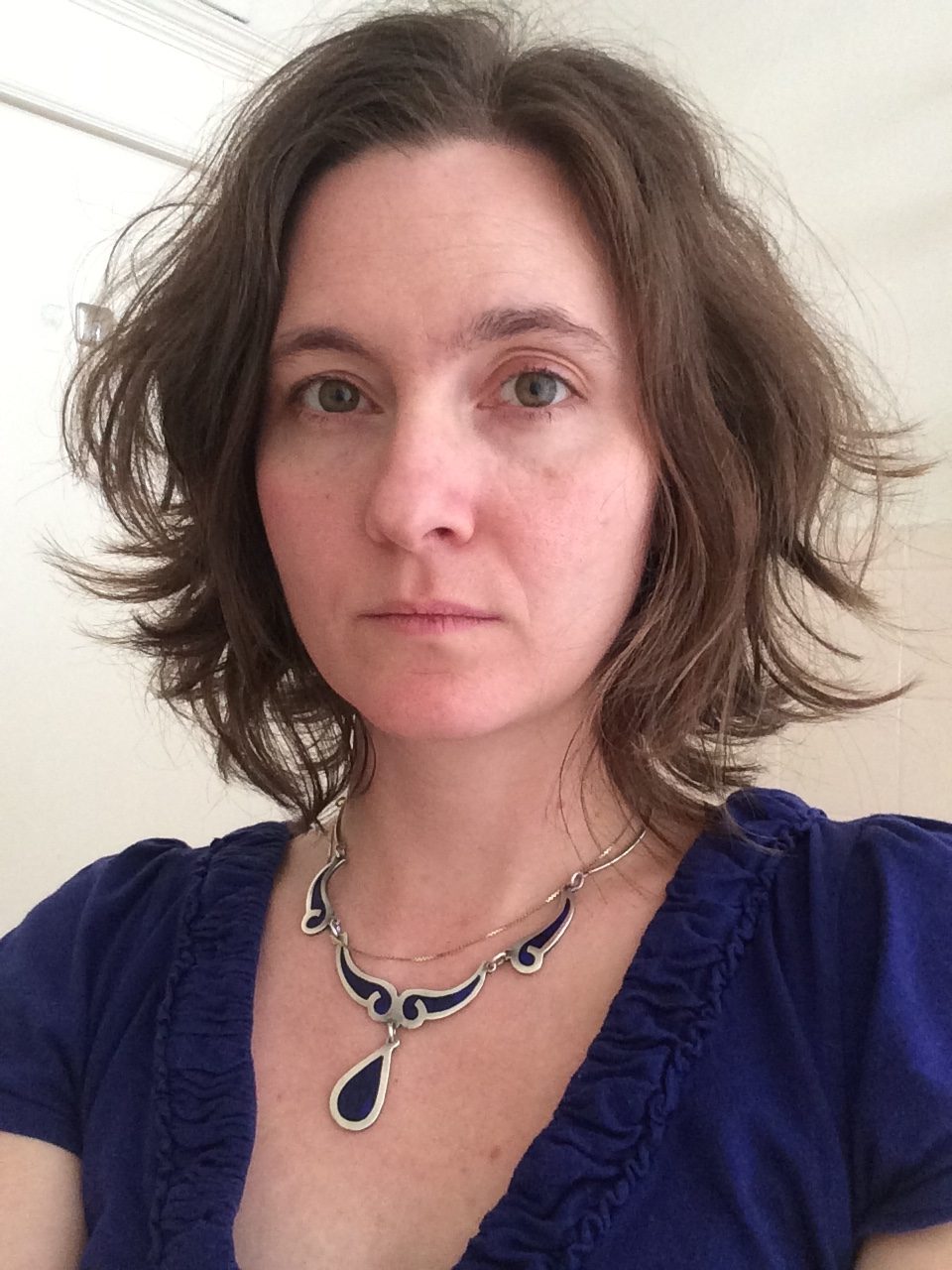

Andrea Godshalk
Sustainable Urbanism

Andrea Godshalk is currently a doctoral candidate in the inaugural cohort of the Sustainable Urbanism program in the Sam Fox School of Architecture & Urban Design. In 2015 she received a Master in Landscape Architecture and a Master of Urban Design from Washington University in St. Louis as a Mr. and Mrs. Spencer T. Olin Fellow. Her research and design work investigates urban resilience through social-ecological system dynamics. Recent publications have focused on Bio-centers: cooperatively owned communal ecological sanitation facilities, which produce biogas and compost in urban informal settlements in Kenya. In 2014, she was awarded the Steedman Summer Travel Fellowship to pursue research on informal urban metabolisms and community driven networked infrastructure in Kenya and Uganda. In 2013, Andrea was invited to the Clinton Global Initiative University Conference for the collaborative project, Urban Remediators: Interactive Living Landscape, which was a semi-finalist in the Sustainable LandLab design competition. In 2010, she was integral to the design and delivery of a $500,000 Department of State Professional Fellows in Food Security Program with BoldLeaders, which included four international exchanges around urban food systems with over fifty leaders from the U.S, Kenya, and Uganda and over one hundred organizations: universities, not-for-profit, government and business. Programming focused on best practices in waste to wealth strategies, production, distribution, legislation, and urban planning to improve food security. She has presented on these issues throughout the U.S. and internationally.

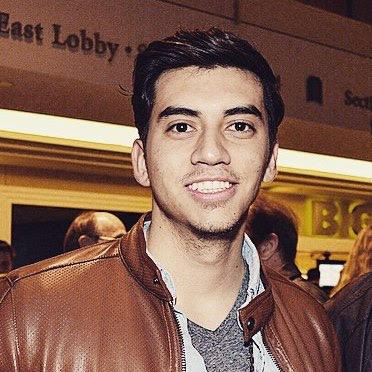

César D. Rodarte
Architecture & Urban Design

As a Mexican-American and as a design student, this issue is what made me seek a graduate degree in Urban Design. Advocating for the effects that our southern border has on our built environment and how design can “blur the edge” along the border is something I envision doing after the completion of my dual degree program (Master of Architecture /Master of Urban Design) at Washington University in Saint Louis. Designers and activist such as Teddy Cruz and Ronald Rael are currently considering this issue. Therefore, this is how this research relates to the competition of my degree; using the knowledge obtained with my two years of graduate studies and applied it on a personal issue to help communities and divided cities.



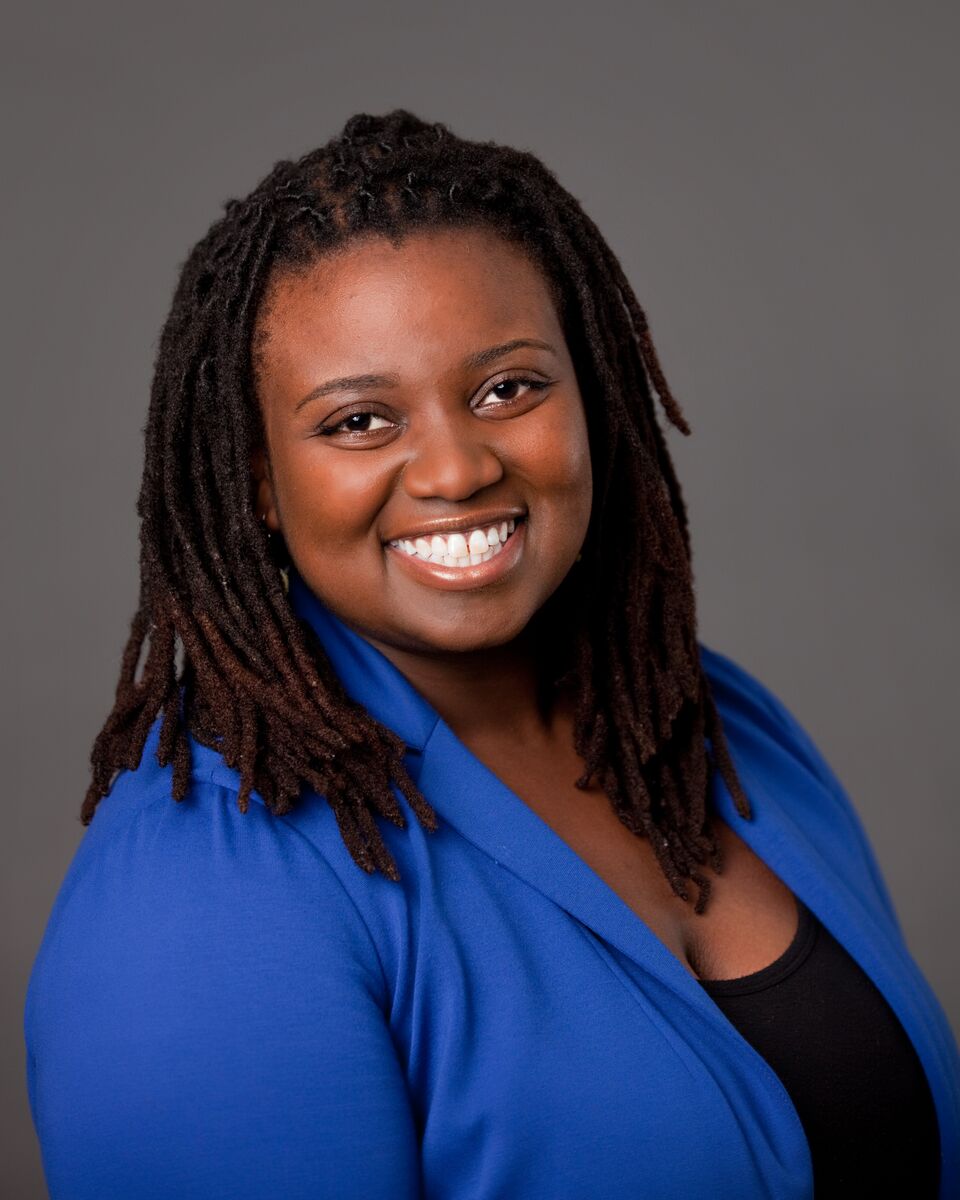

Chelsey Carter
Anthropology

Chelsey is a third-year doctoral student in anthropology and a National Science Foundation Graduate Research Fellow at Washington University in St. Louis. Prior to the onset of her doctoral studies, Chelsey worked with various non-profit and for profit organizations around the United States. Her background includes a demonstrated interest in healthcare services, human resources, employee benefits, healthcare reform, youth leadership education, high human touch services and applied medical anthropology. She has employed these interests and skills in her various positions with Global Youth Leadership Institute, Muscular Dystrophy Association, CARE USA, HisGrip Home Care, Northwestern Mutual, and Washington University School of Medicine.
Her research examines the intersections of race, class, gender, and chronic illness in the U.S. Her forthcoming project will examine how black people with neuromuscular diseases (like ALS) navigate healthcare spaces and experience care by healthcare institutions in St. Louis. Her work also considers how anti-black racism stifles health and further promotes health inequities for black people. She is a chief advocate for the use of ethnographic tools and methodologies to solve many of society’s most vexing concerns.
She received her Bachelor’s in Anthropology with high honors and a minor in Spanish from Emory University, where she was a Mellon Mays Undergraduate Fellow. She also earned her Master’s in Anthropology from Washington University in St. Louis. When not pursuing academic interests, she enjoys cooking, reading, working out and traveling internationally.



Francesca Dennstedt
Spanish
Francesca Dennstedt earned a B.A. in Literature at the Universidad de las Américas Puebla, México. She is currently a third-year student in the Spanish program and she is doing a graduate certificate in Women, Gender and Sexuality Studies. Her areas of interest include contemporary Mexican and Brazilian literature, queer studies and gender studies. Currently, she is the editorial assistant of the Revista de Estudios Hispánicos.



Hsi-Chuan Wang
Sustainable Urbanism

Hsi-Chuan is a doctoral candidate in the Sustainable Urbanism program at Washington University’s Sam Fox School of Architecture & Urban Design. His research interest looks at the metabolism of cities, especially focuses on the production and consumption of energy flows that are closely related to urban sustainability. Before his doctoral program, he was a professional urban planner working at Urban Development Bureau of Kaohsiung City, where he focused on brown filed redevelopment and urban renewal. His education at Washington University has inspired him to address both climate and equity issues for better cities.



José Sullivan
Spanish

José Patricio Sullivan is a Chilean, first year doctoral student of Spanish in the Department of Romance Languages and Literatures at Washington University in Saint Louis. He received his B.A. in Letras Hispánicas at Pontificia Universidad Católica de Chile. His main topic of research is contemporary Chilean and Argentinian literature and culture with a focus on the mechanisms societies use to overcome their traumatic past.



Sarah Siegel
History

Sarah Siegel is a Ph.D candidate in Washington University’s History department. She studies studies American urban history, with a focus on community activism. She is interested in how resident groups work to influence local and federal city policies. Her research focuses on St. Louis in the 1960s-70s. Prior to her doctoral work, Sarah taught high school social studies in St. Louis and earned a Master’s degree in Education.



Waseem-Ahmed Bin-Kasim
History

Waseem-Ahmed Bin-Kasim is a Ph.D. candidate at the Department of History. So far, he has studied African History, Modern Middle East, and International Urban History. His research interest focuses on urbanism, public health, and development. His PhD dissertation is a comparative history of colonial Accra and Nairobi, two important capital cities in the British non-settler and settler colonies of the Gold Coast (Ghana) and Kenya. His dissertation is about sanitation and the ways it became the basis for enforcing and challenging urban development. He explores segregation, the making of buffer zones to separate racially-defined spaces, the so-called slums, demolition, housing, drains, sewers, and pipelines as an approach to understand the development of Accra and Nairobi.
In the past, Waseem-Ahmed approached African history by examining Muslim societies. For his M.Phil., he studied the construction of a Muslim identity in an urban setting in the Gold Coast Colony (Ghana). The research explored the construction of identity by a minority group of Muslims, who fashioned a distinctive society through neighbors who they considered non-Muslim and felt threatened by because of their overwhelming populations.



Christine Doherty
Architecture & Urban Design

As a result of the landmark decision of Brown vs. Board of Education, de jure and de facto desegregation programs benefited many students across the country, but these instances cannot solve the red lining still visible in many neighborhoods. Christine Doherty intends to analyze different types of school desegregation programs across the US in terms of student diversity, class, and achievement in comparison to neighborhood class and diversity.
As a Masters of Architecture and Urban Design student, she believes collaboration between regional systems, specifically education and transportation, can provide a viable solution for resilient neighborhoods. Because St. Louis’s own VICC is coming to an end, she hopes her spatial and temporal analysis will aid in the creation of sustainably balanced school system.

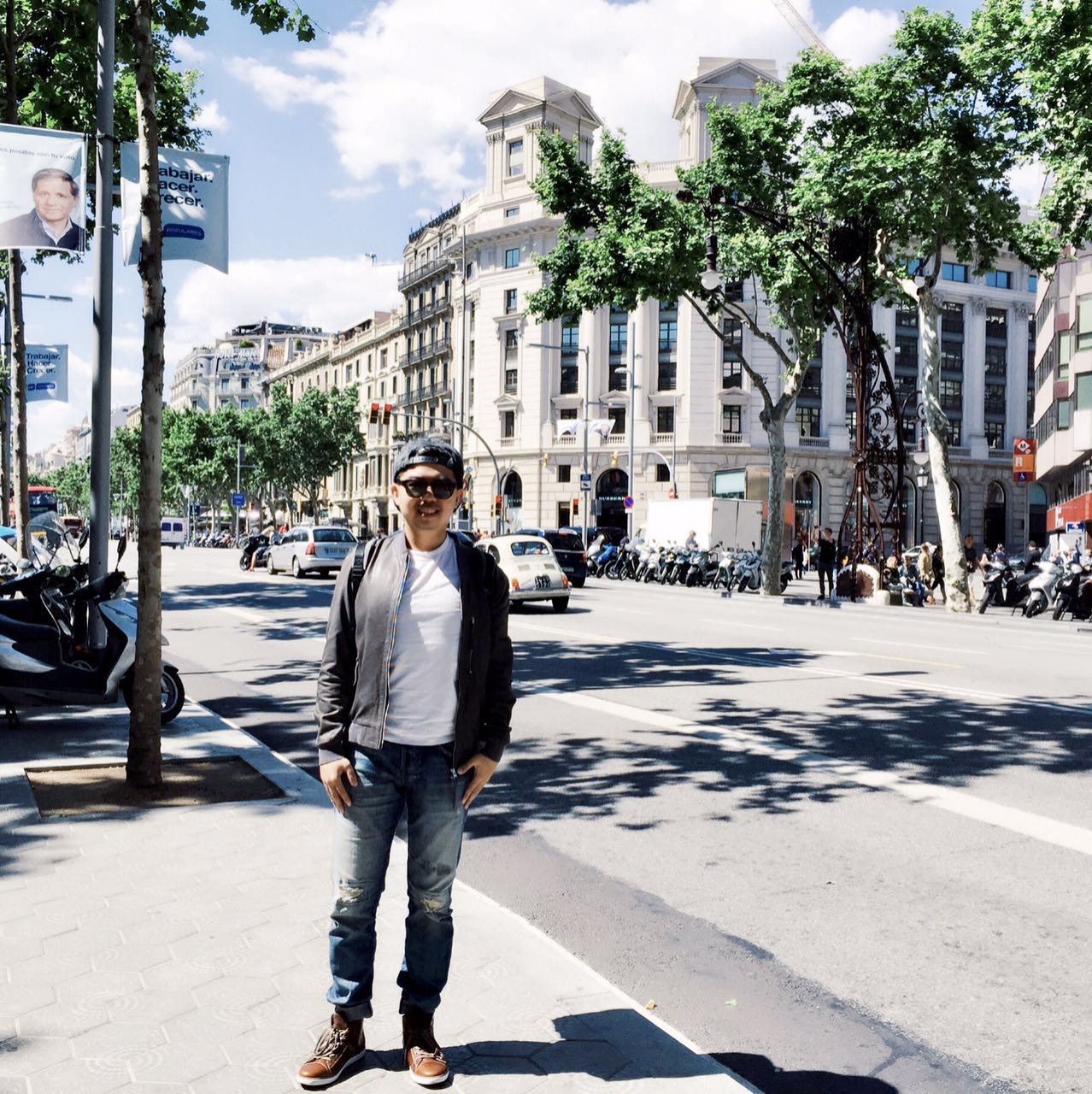

Wei Liu
Architecture & Urban Design
Wei Liu is a doctoral student of sustainable urbanism at the Sam Fox School of Design & Visual Arts at Washington University. Previously, he was the associate designer of urban redevelopment project of a Florida based design firm Redevelopment Management Associates. Wei received his Master degree in Urban Design from the University of Miami, Coral Gables, and his Bachelor of Urban Planning from Tianjin, China. While at University of Miami, he was a teacher assistant at School of Architecture, and a part-time urban designer hired by a local real estate company as the designer of Chinatown conceptual design for the City of North Miami.
To watch the Divided City Graduate Student Fellows’ Past Presentations see below
September 25, 2019
October 1, 2018
September 25, 2017





